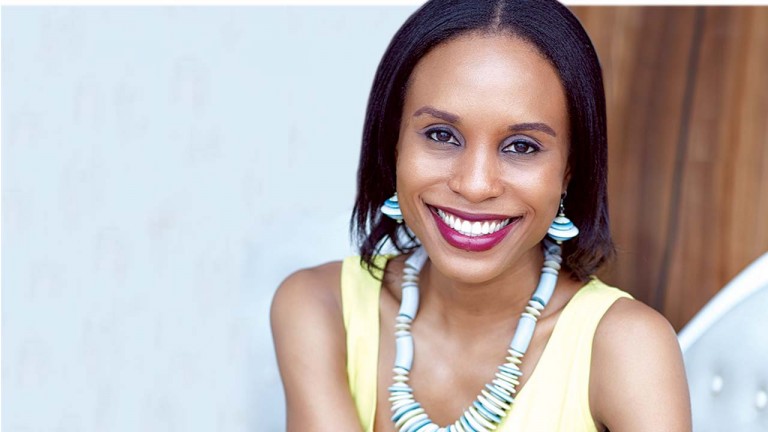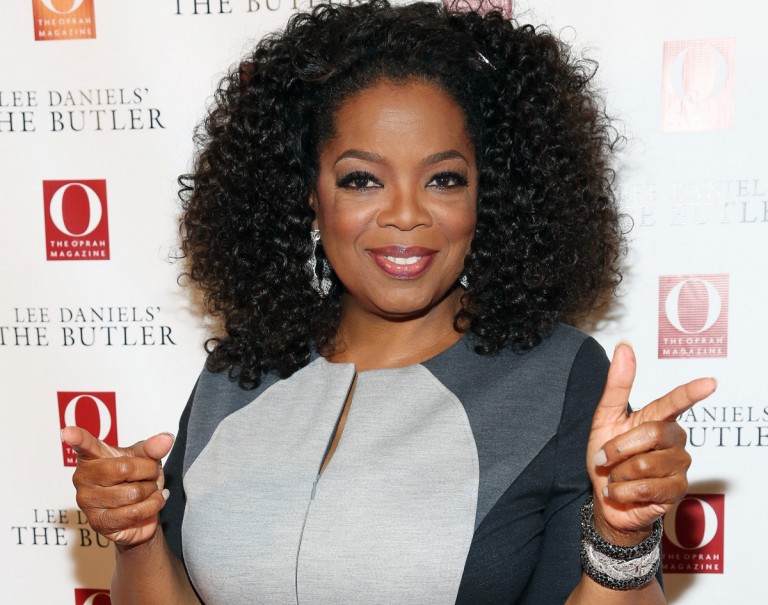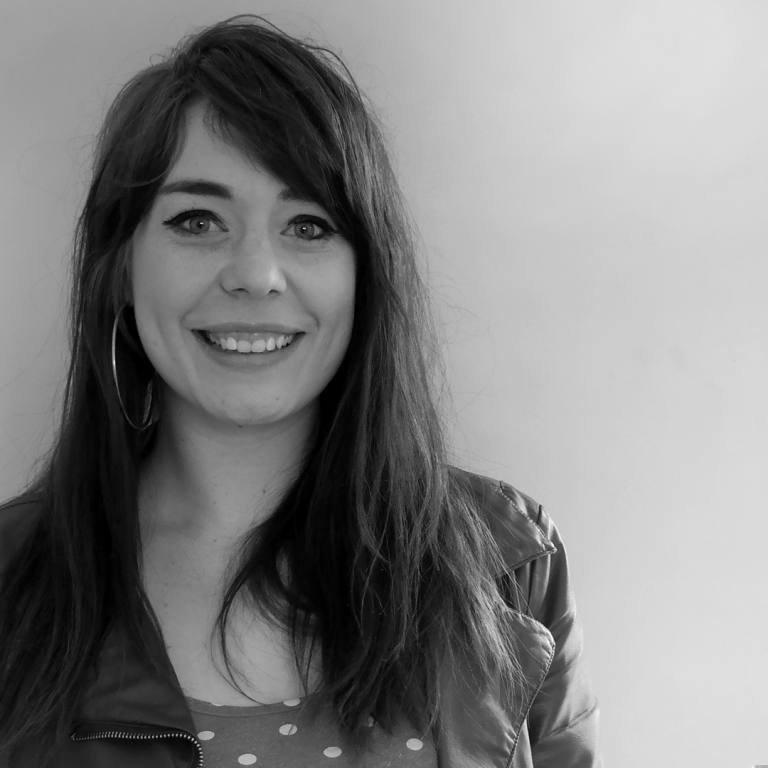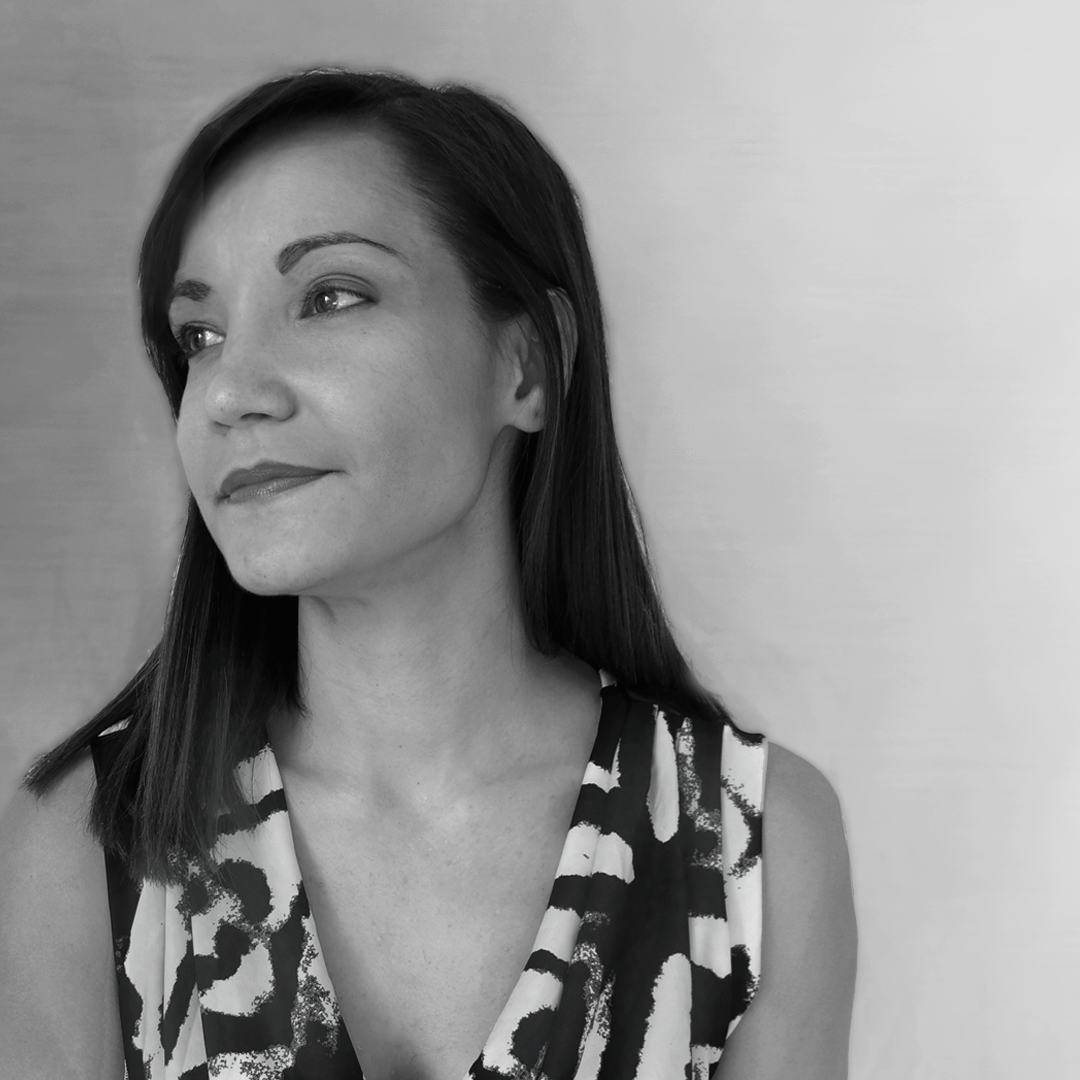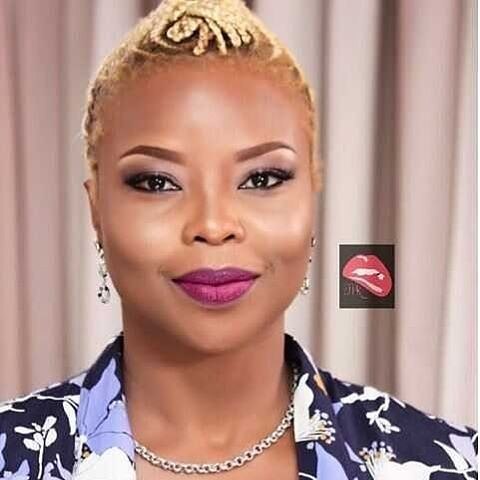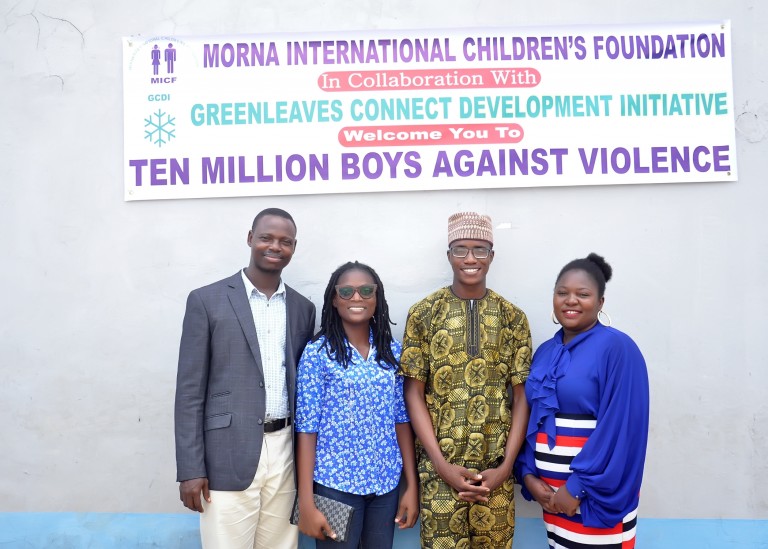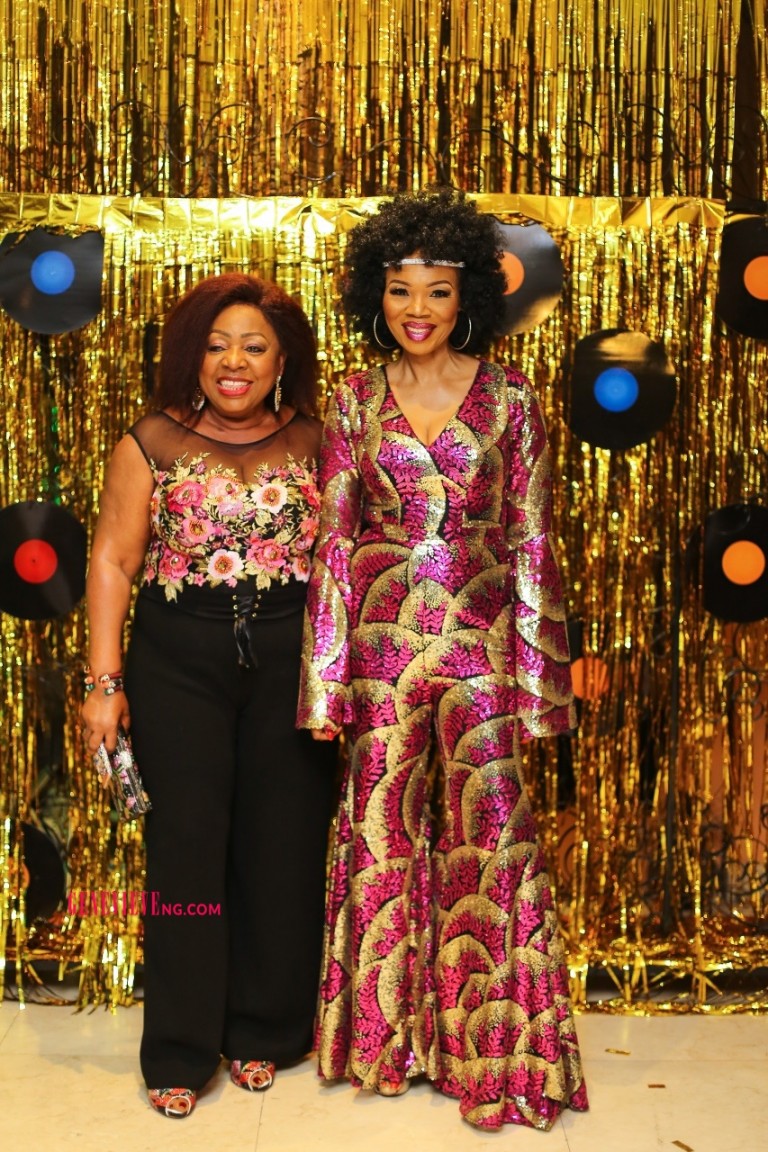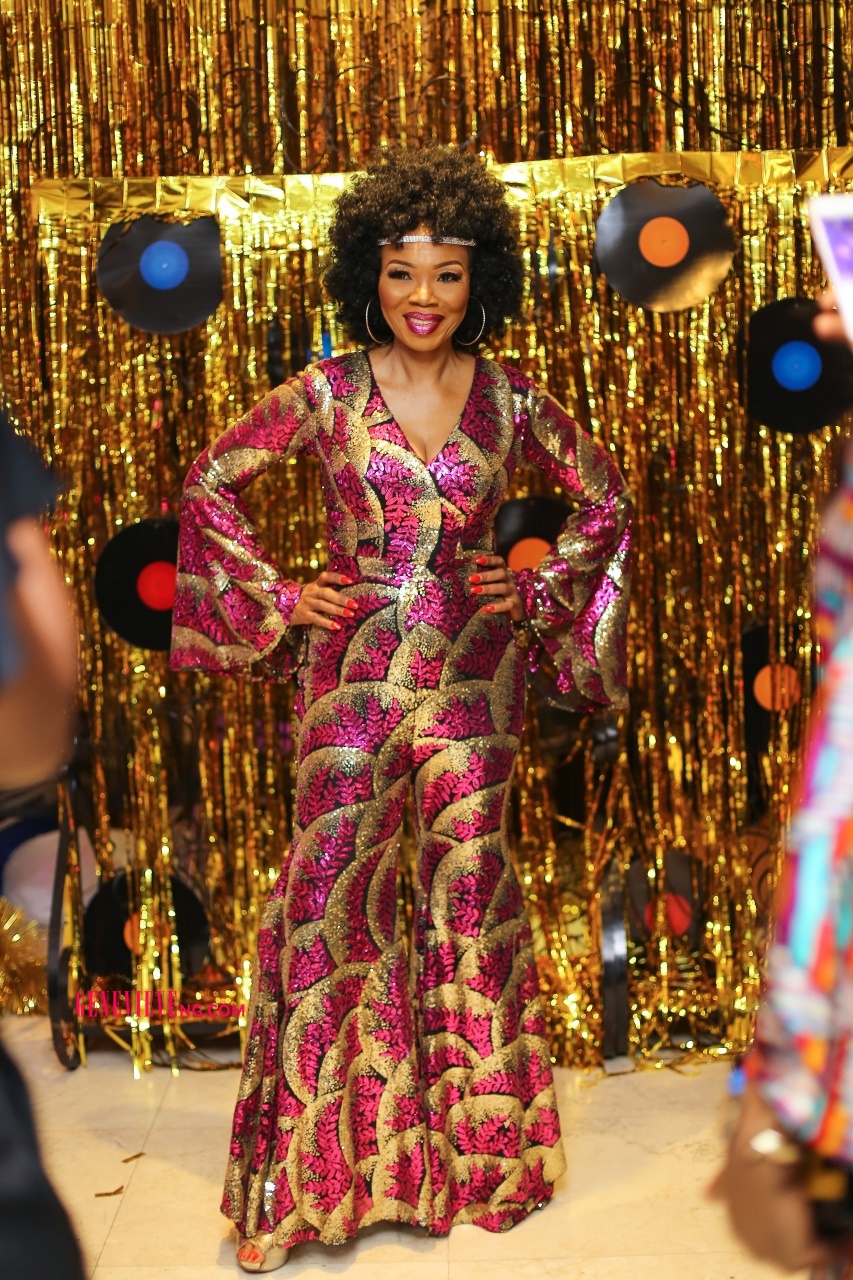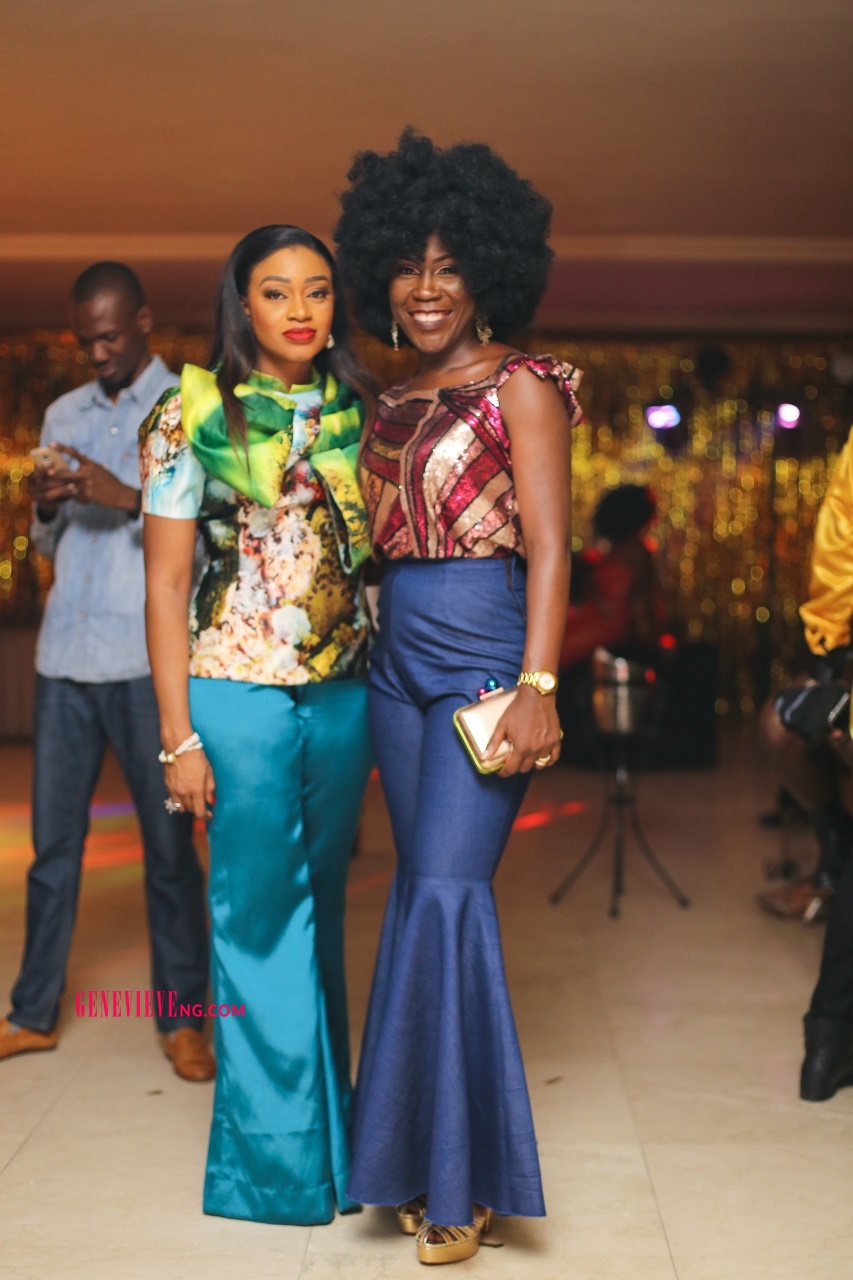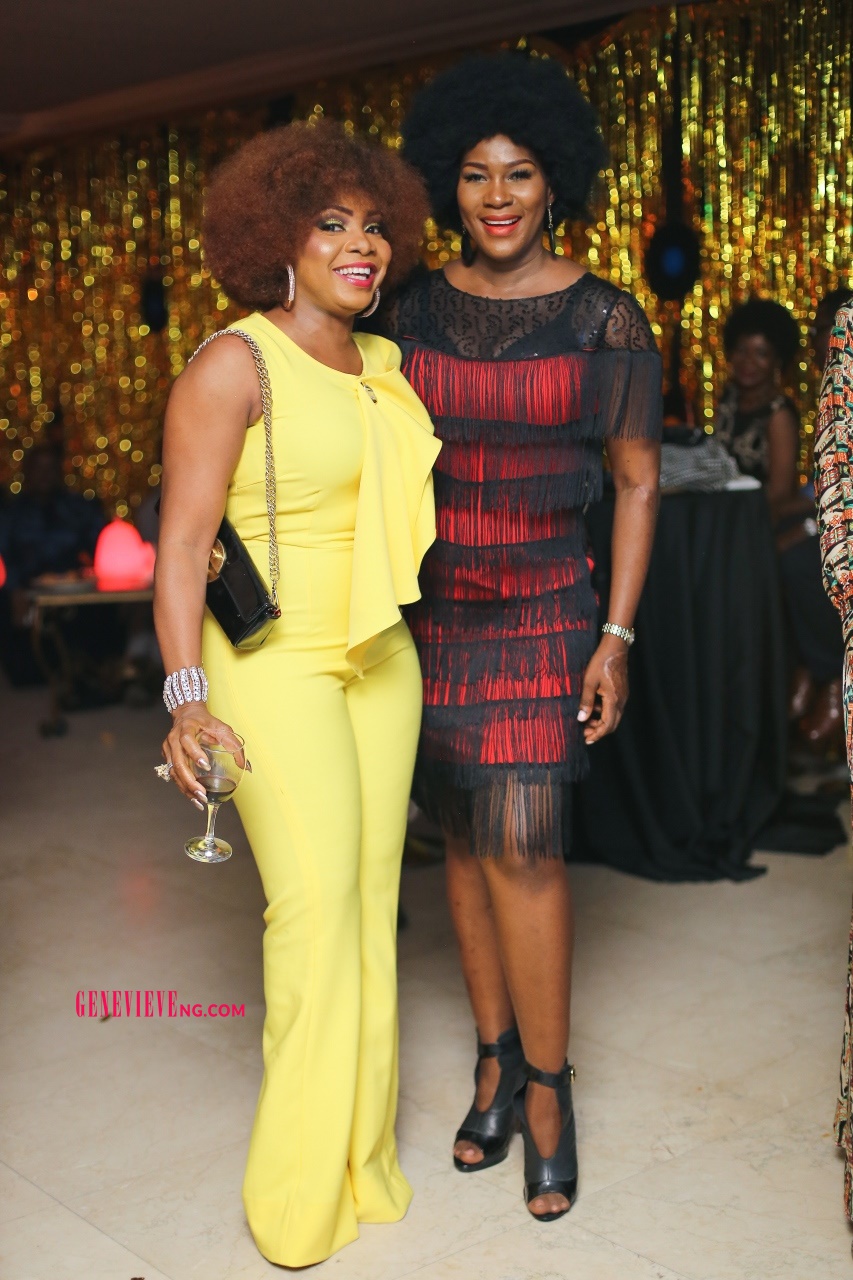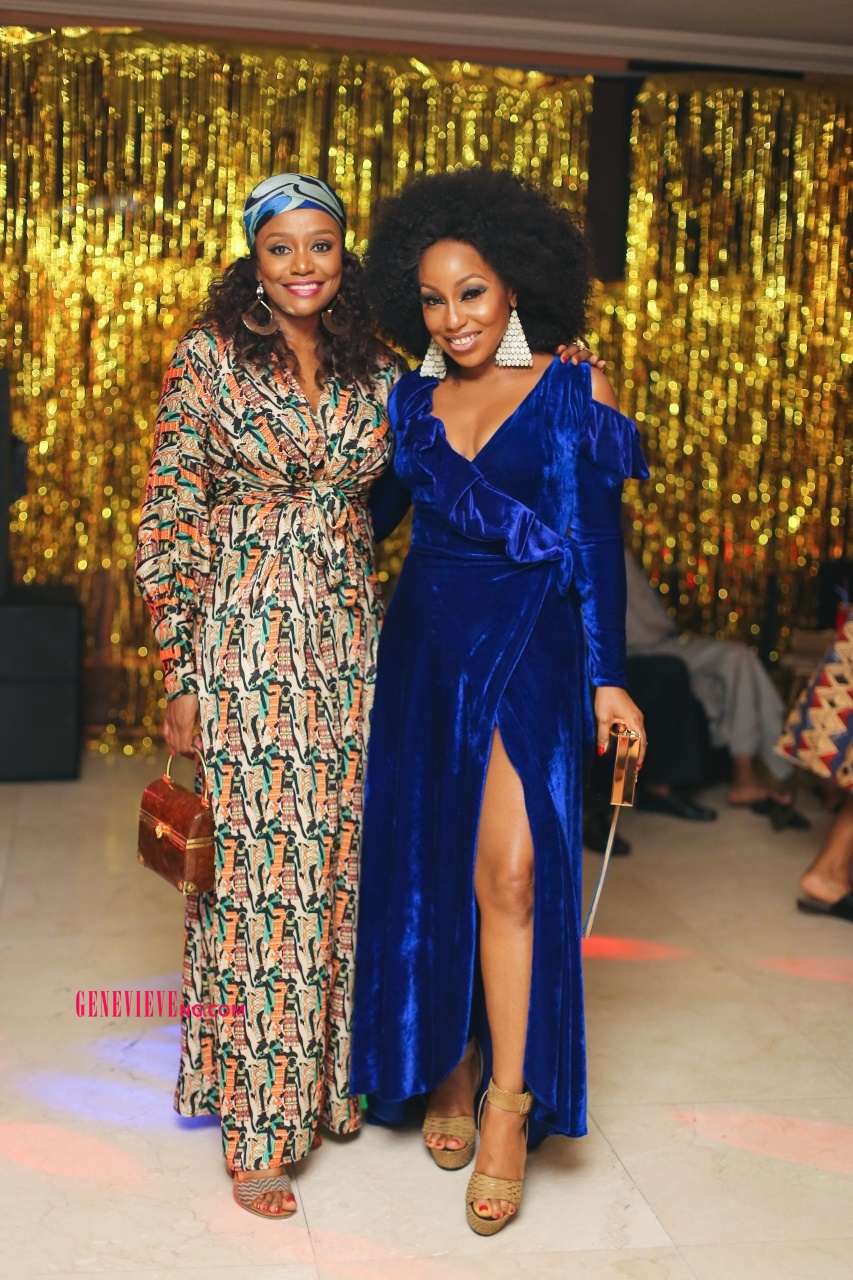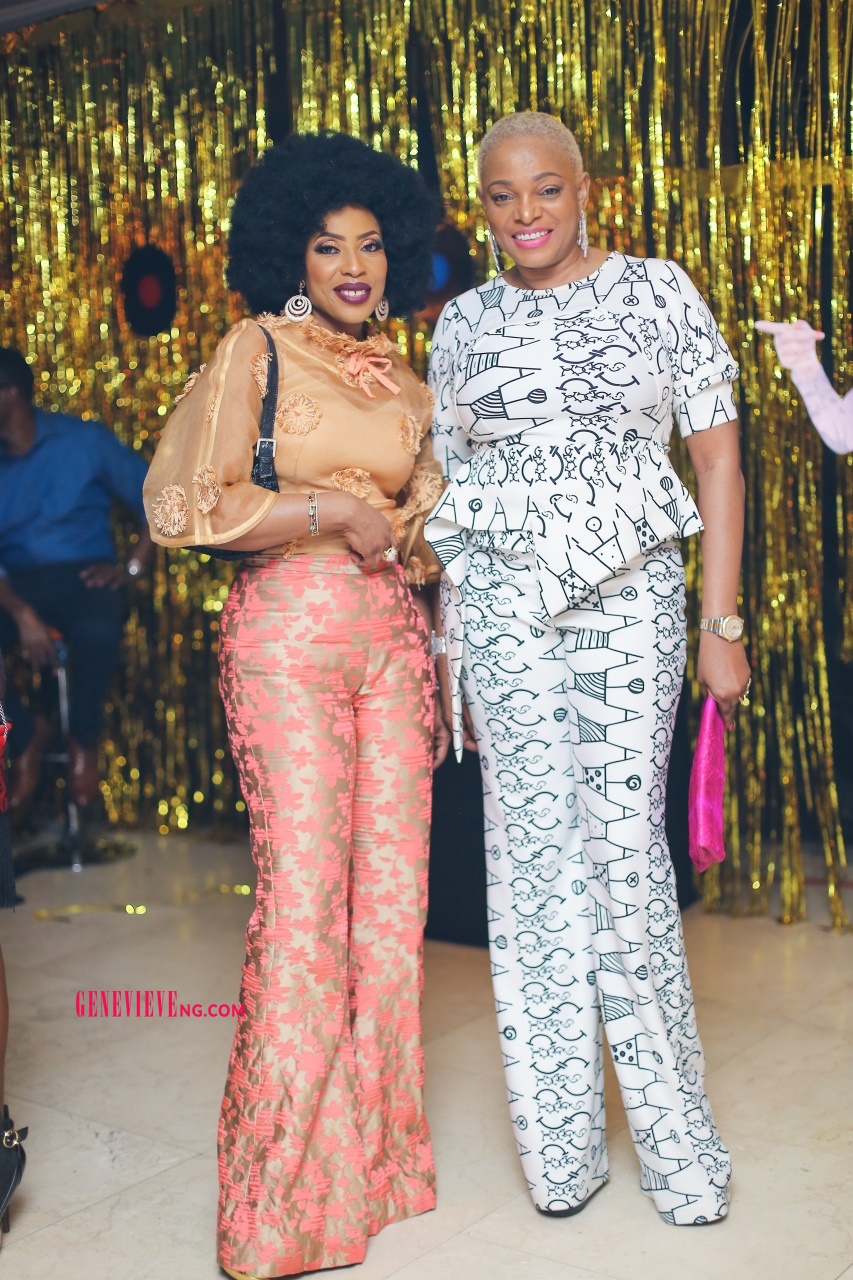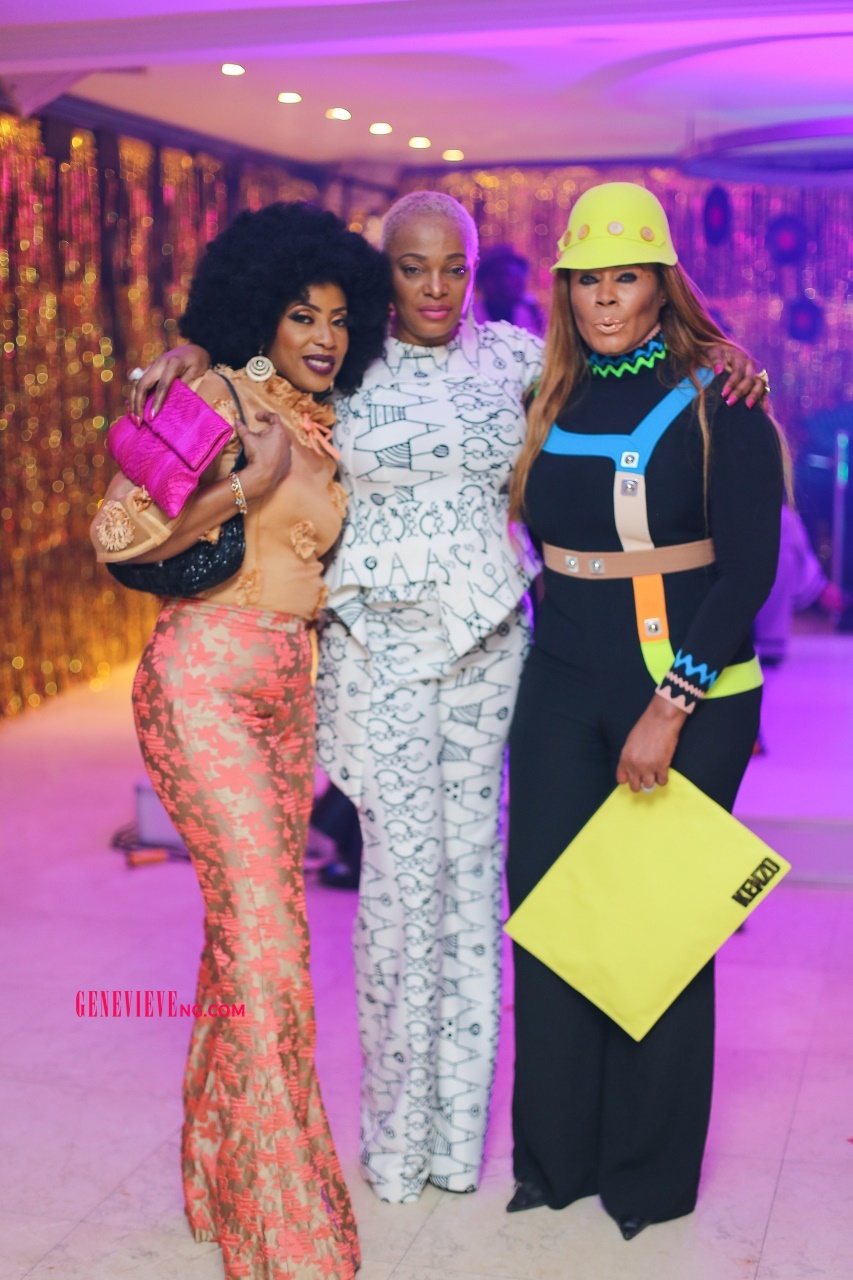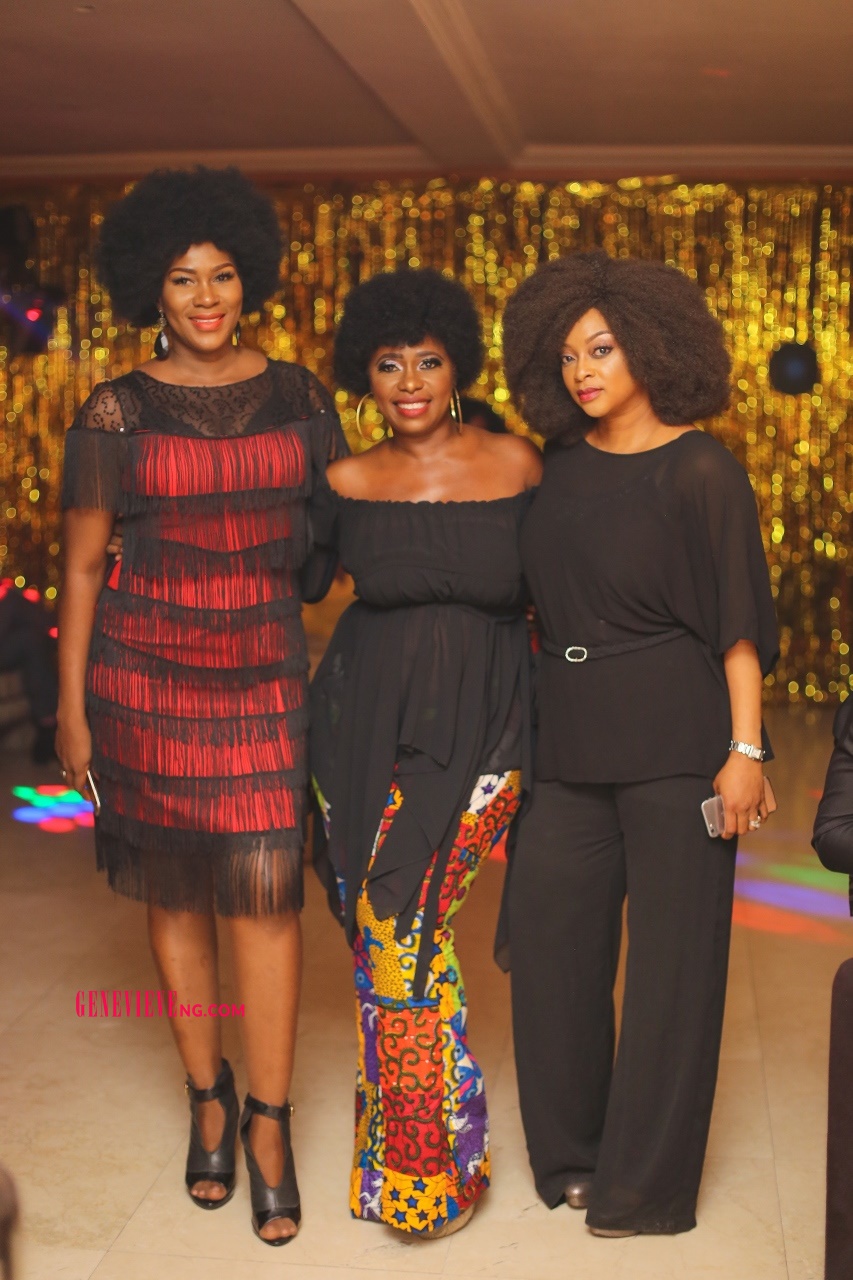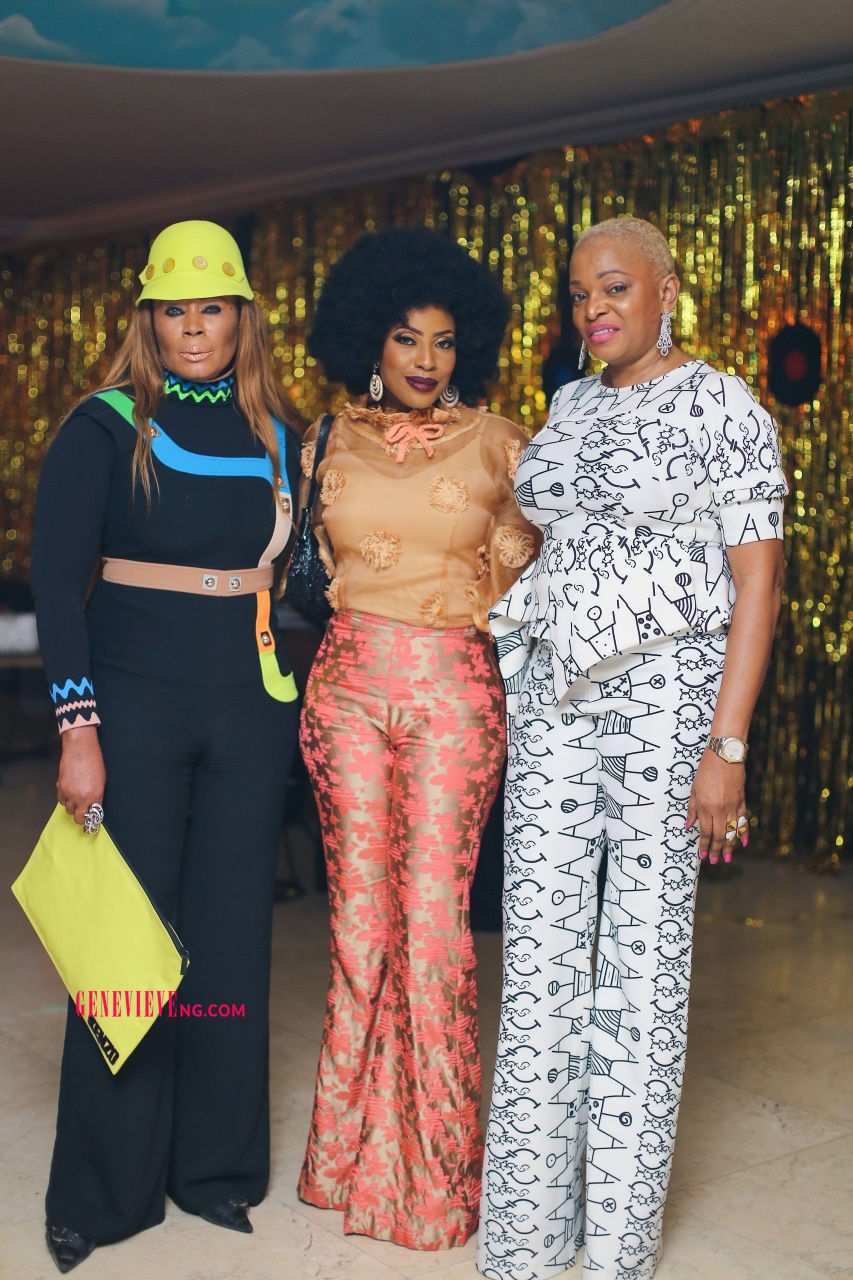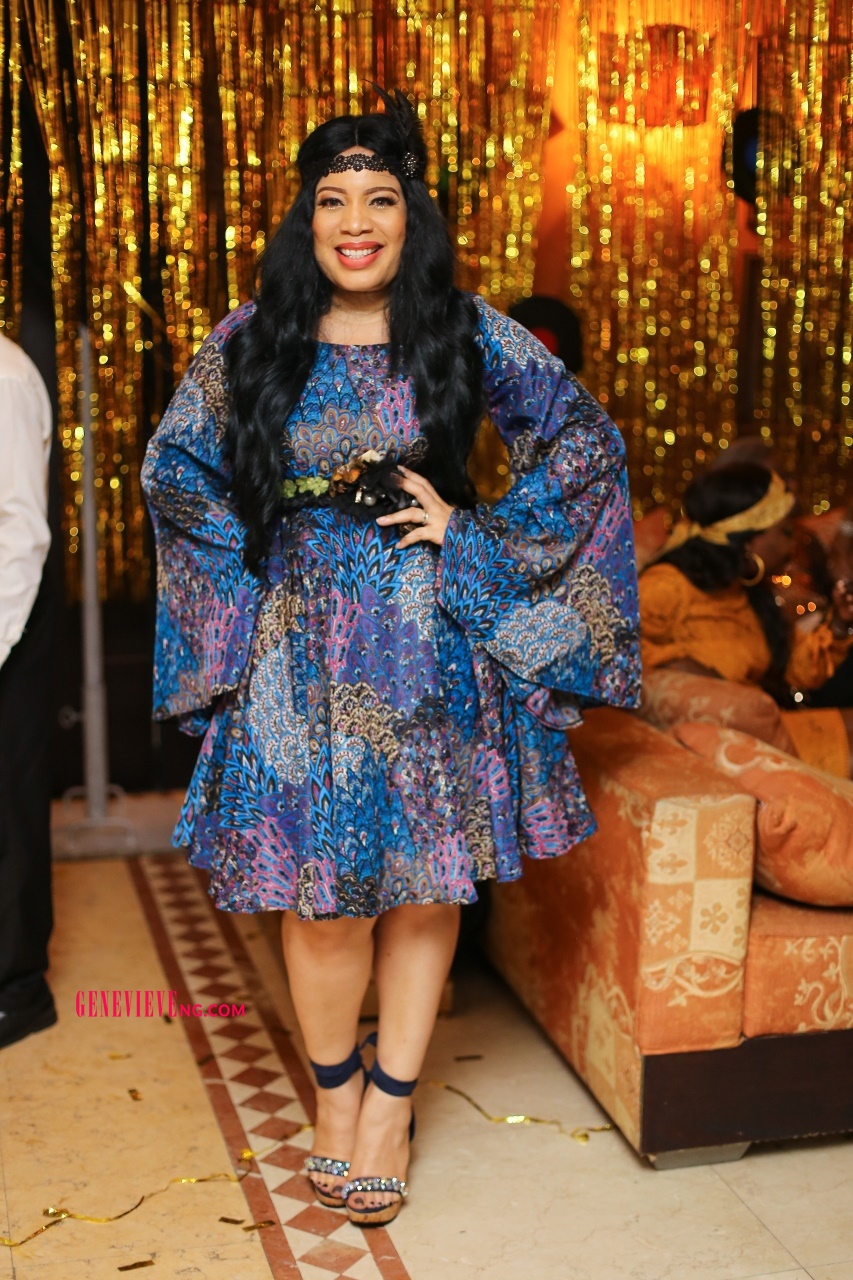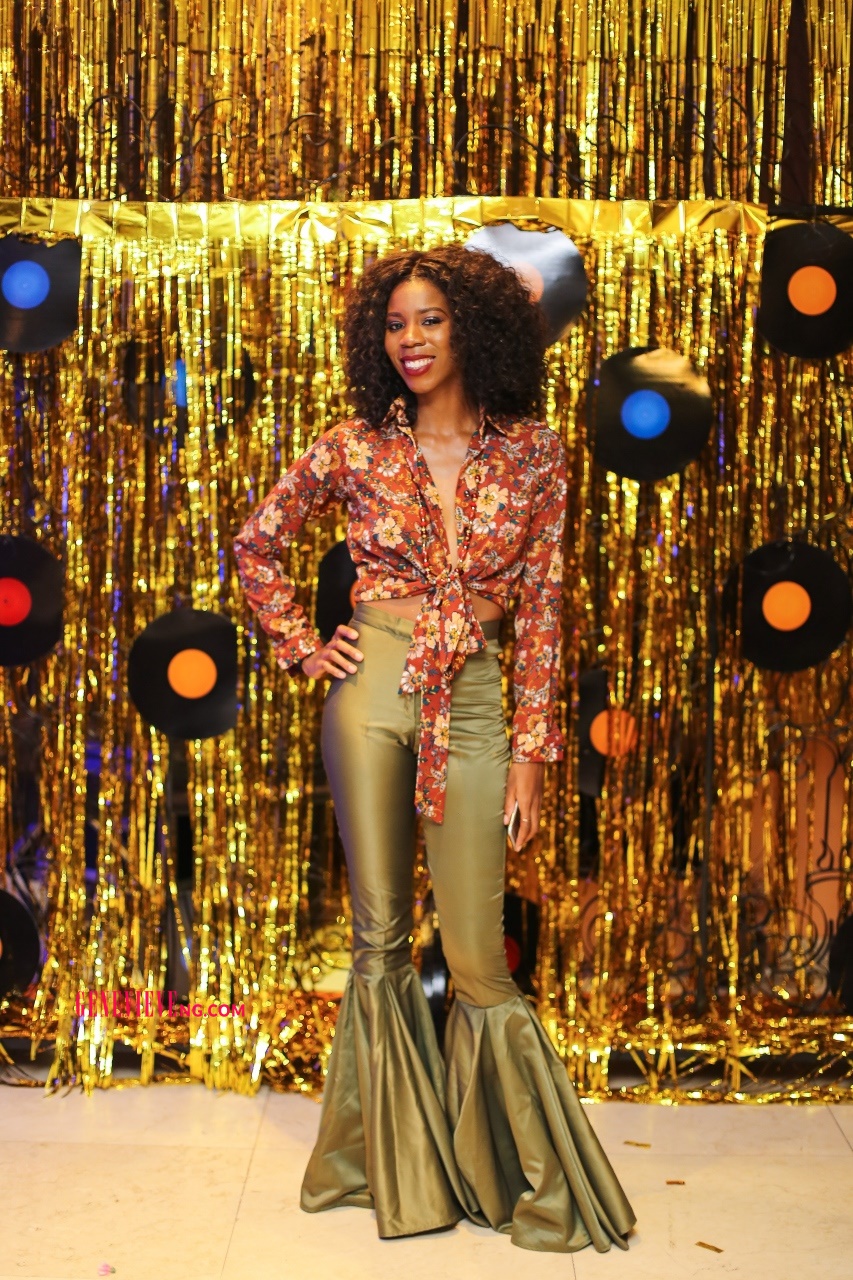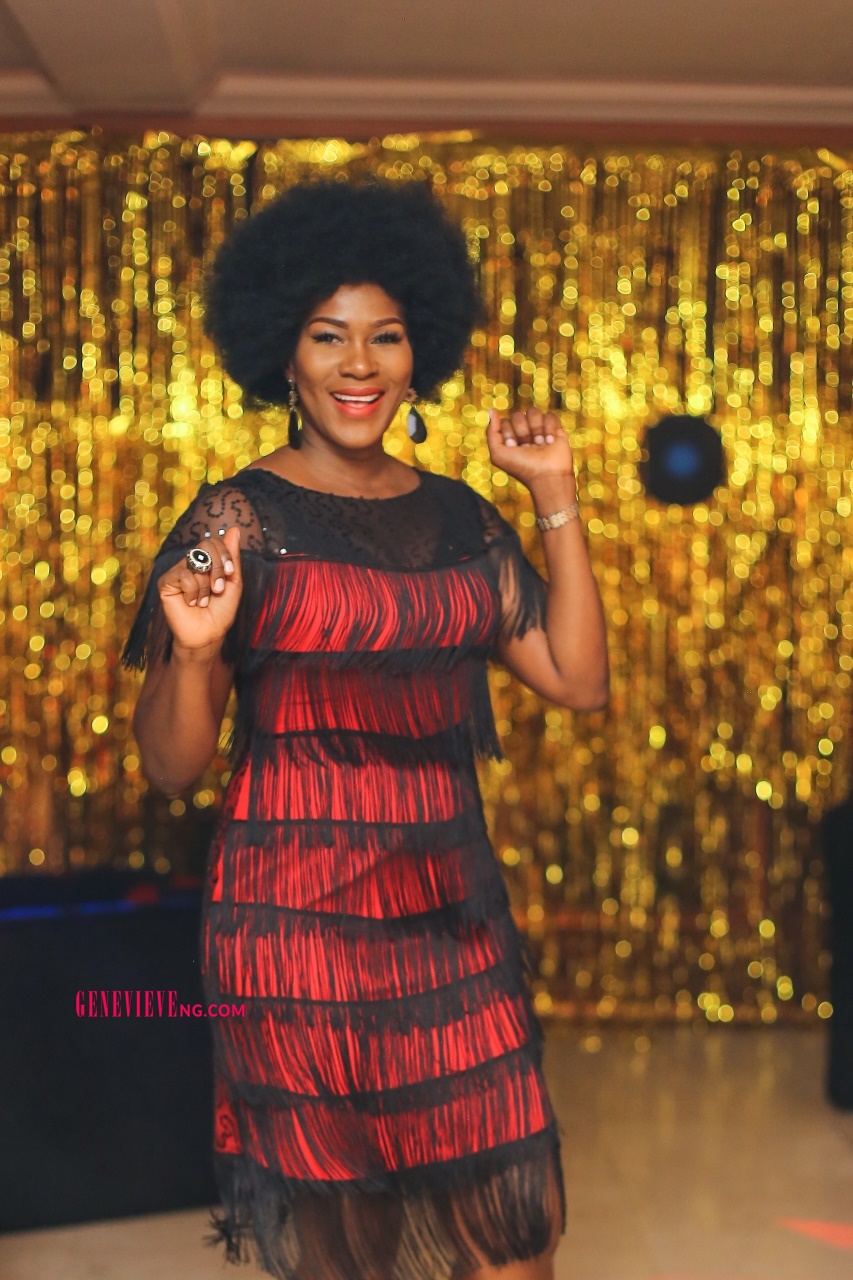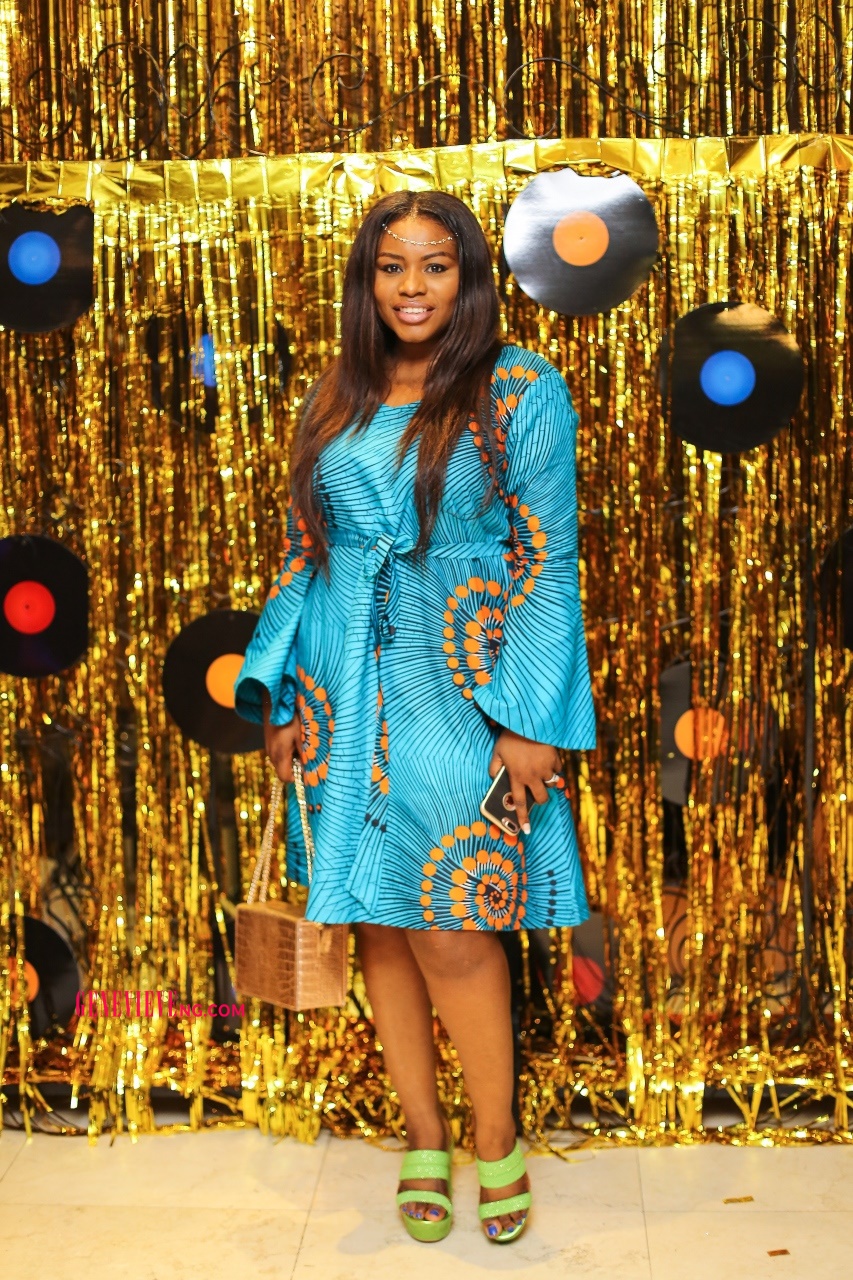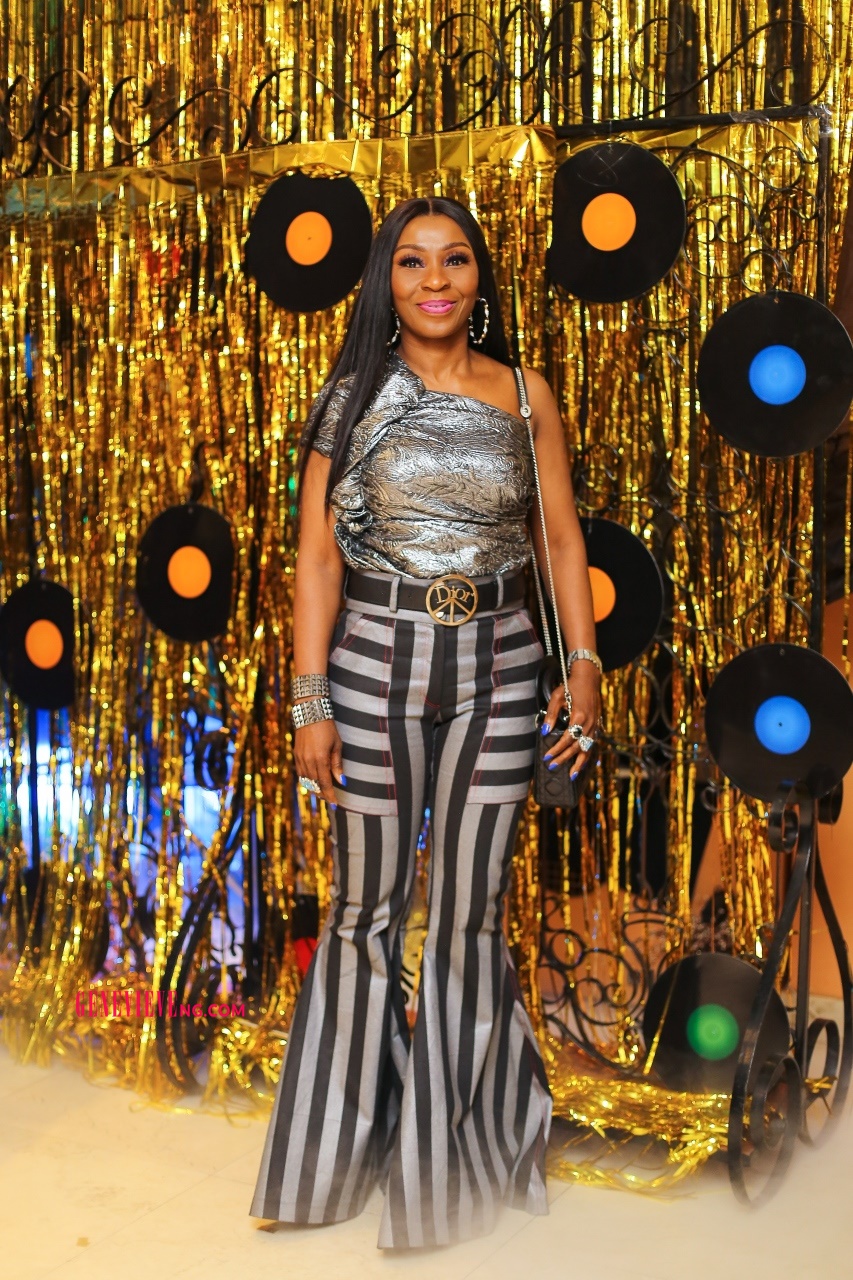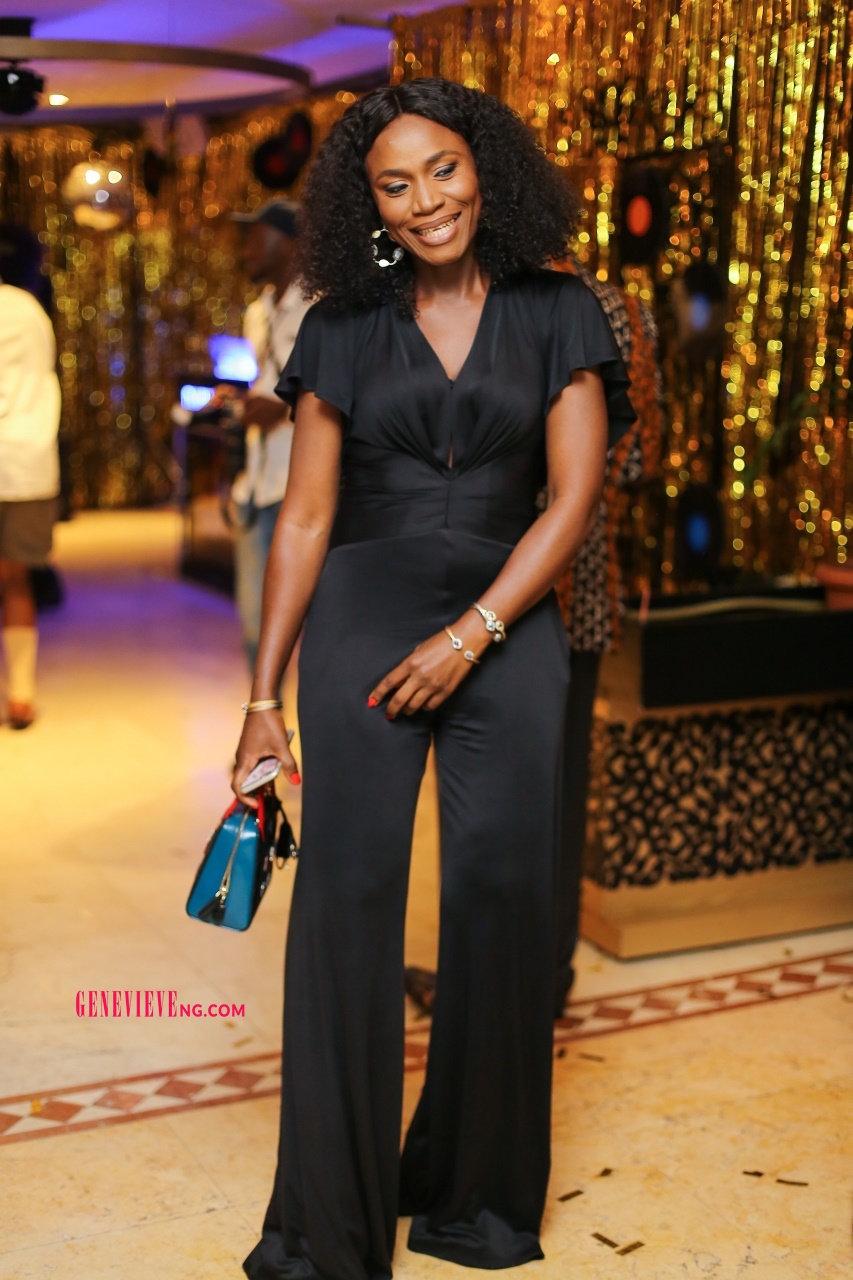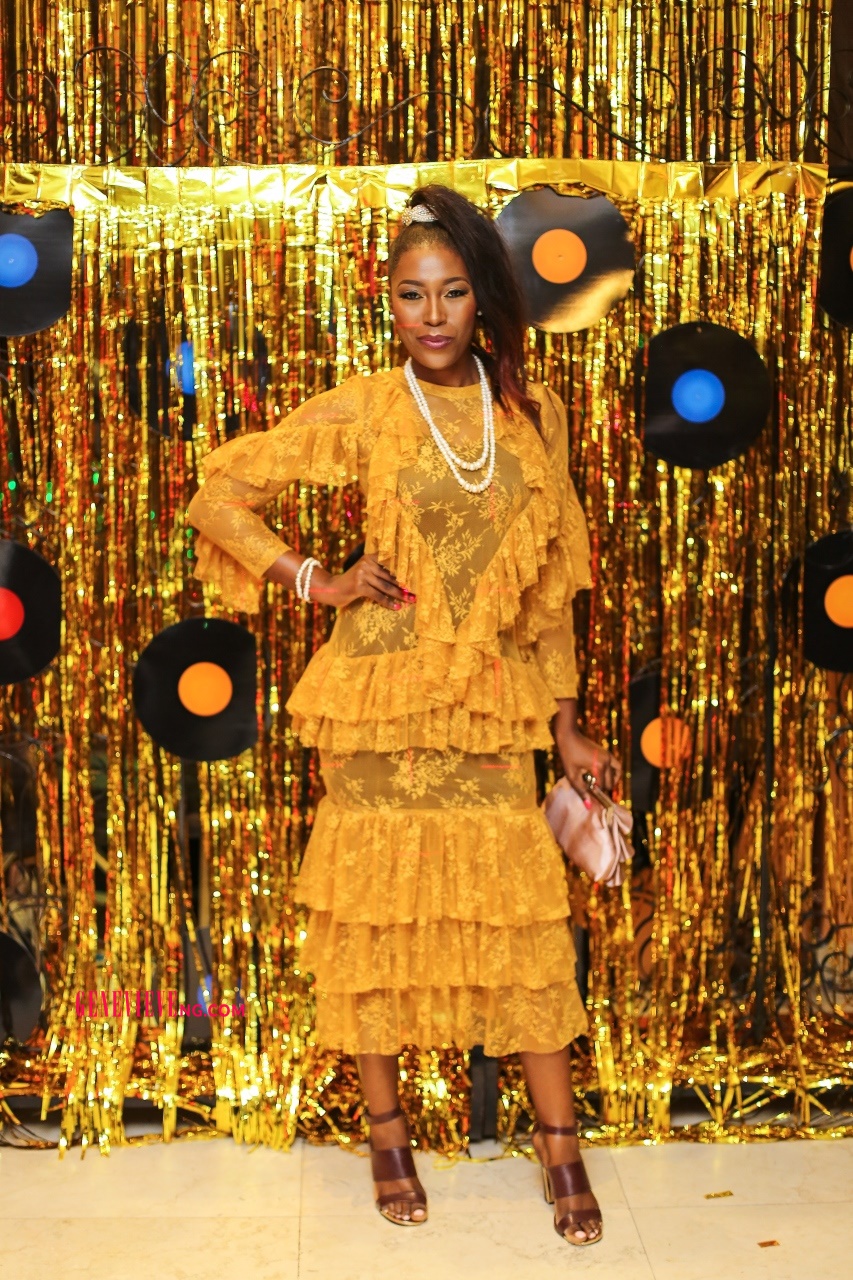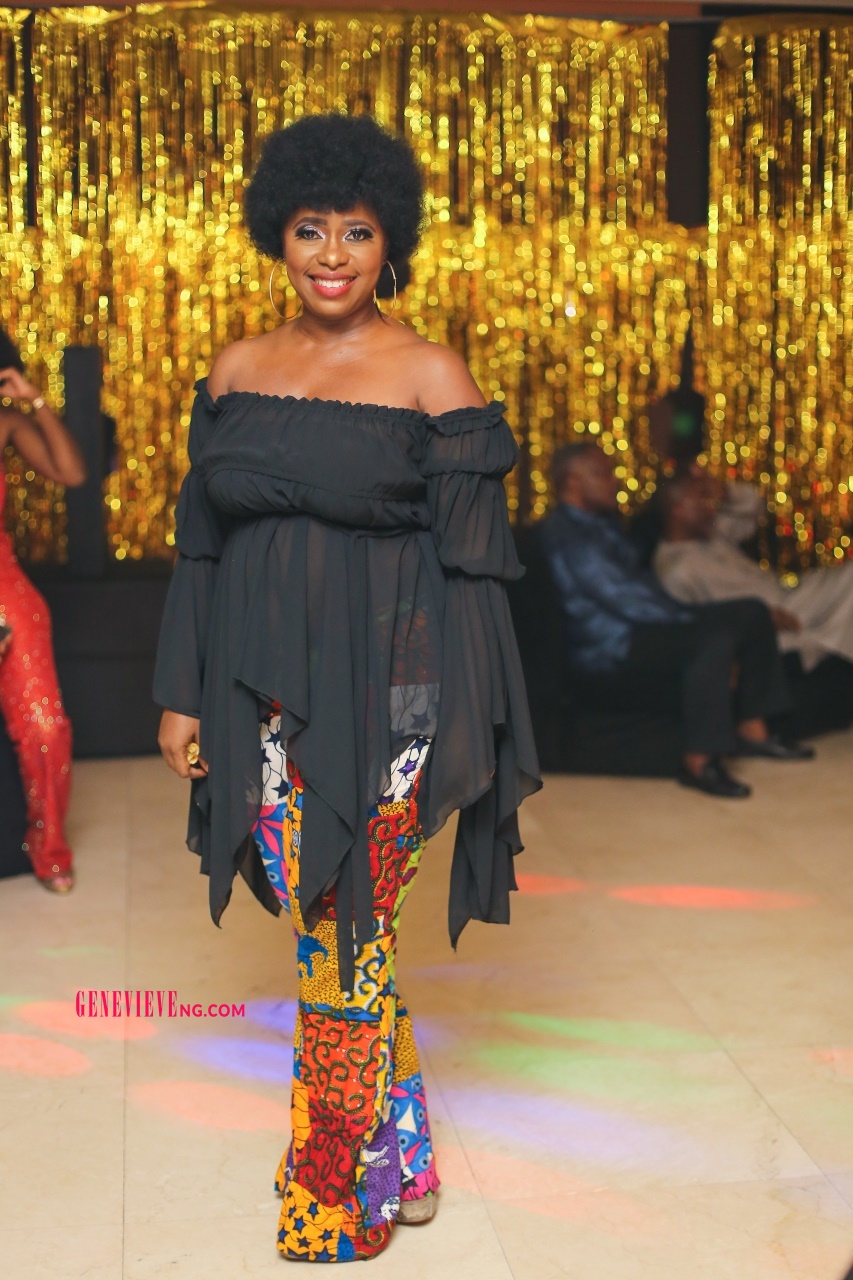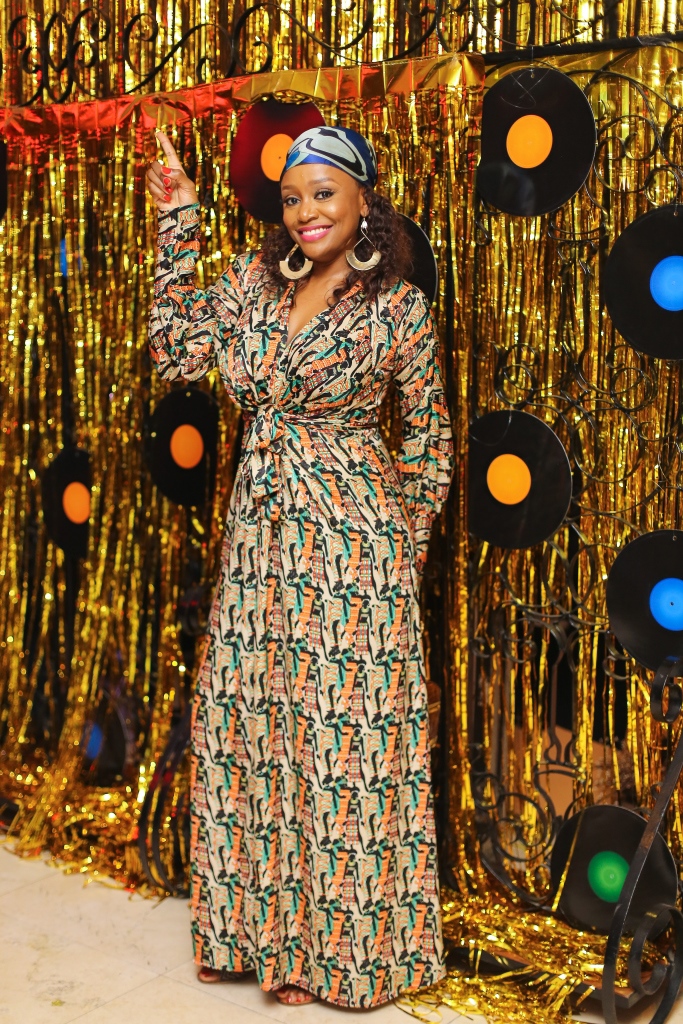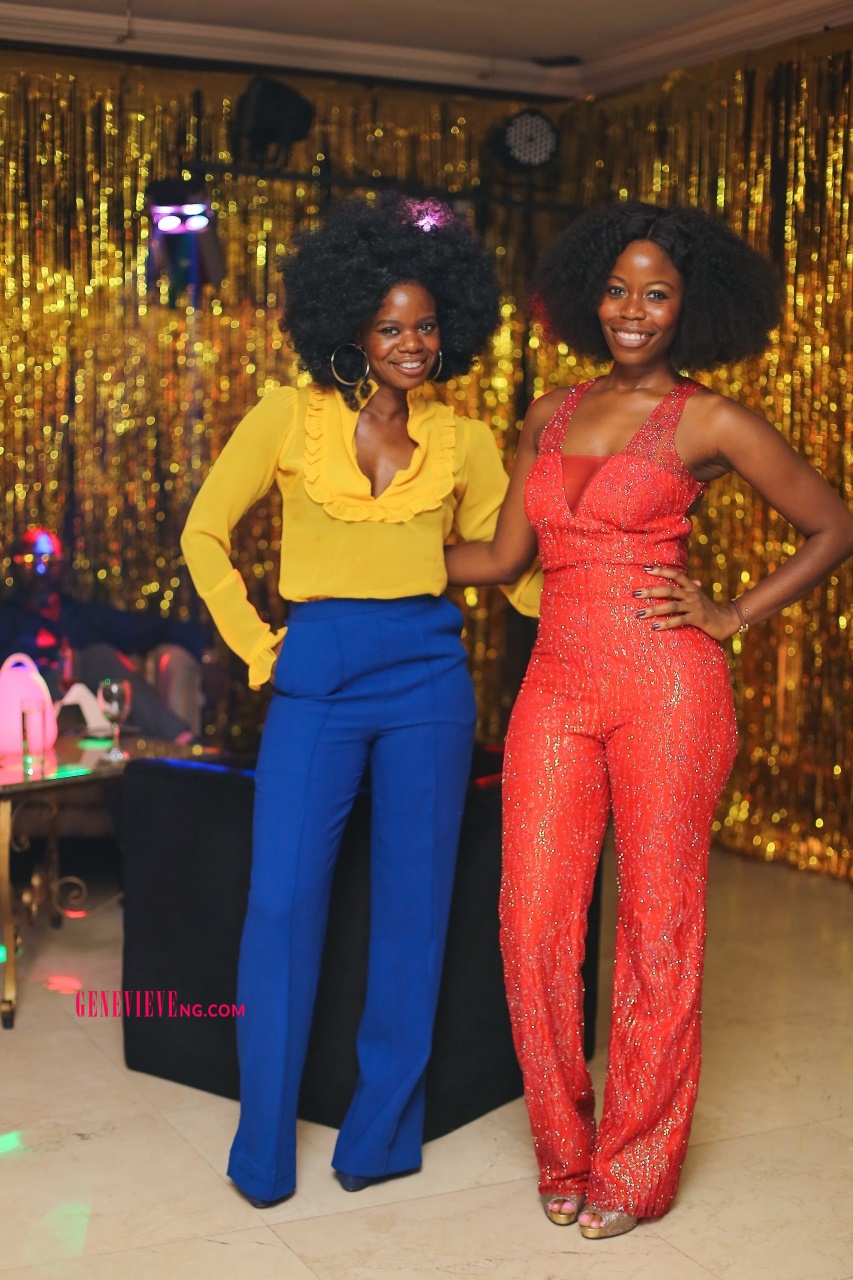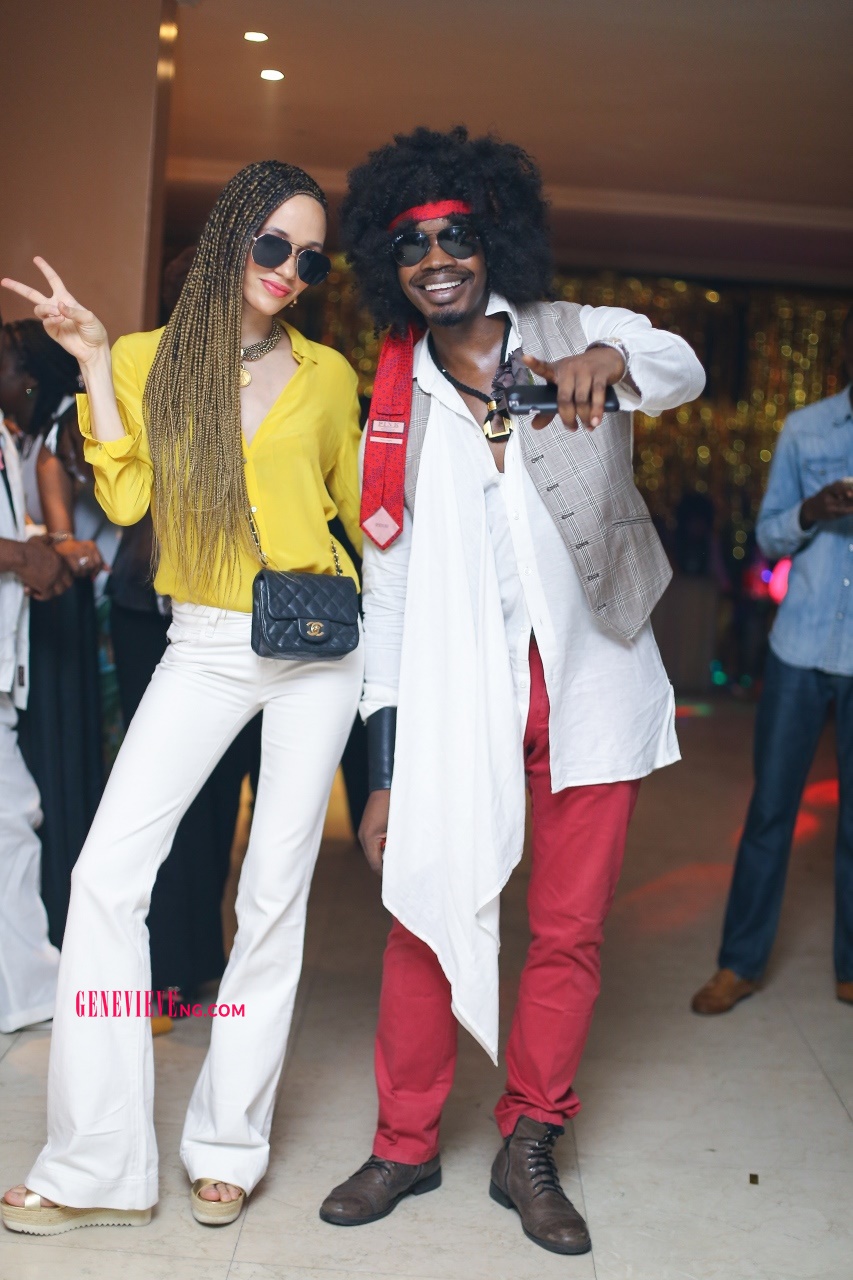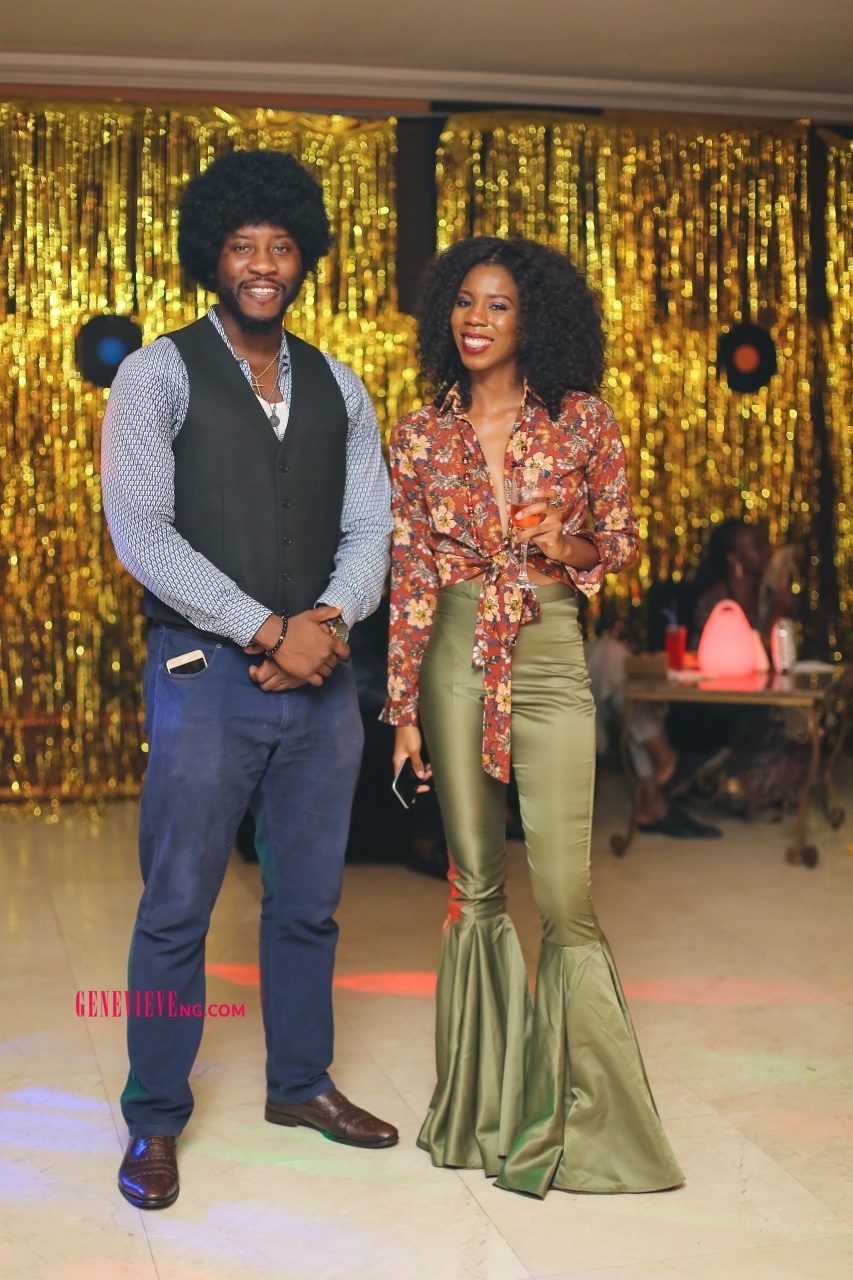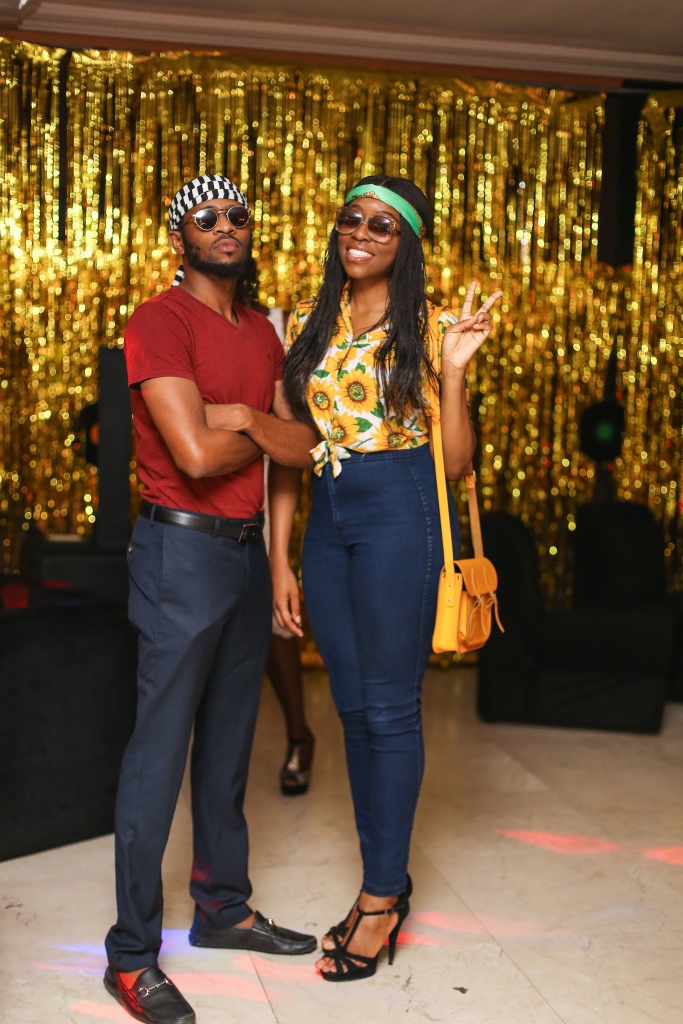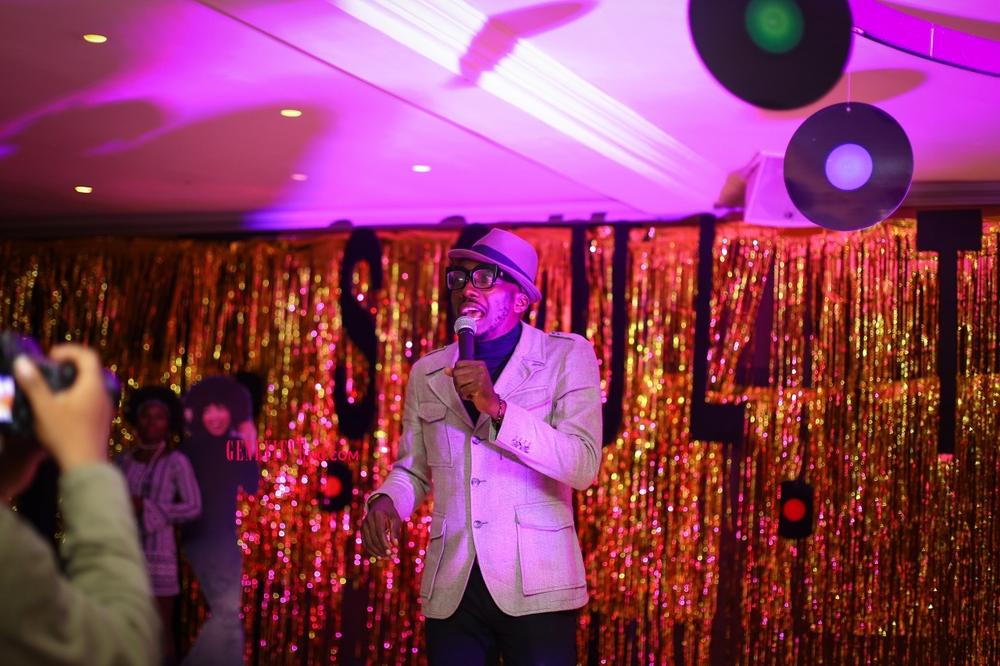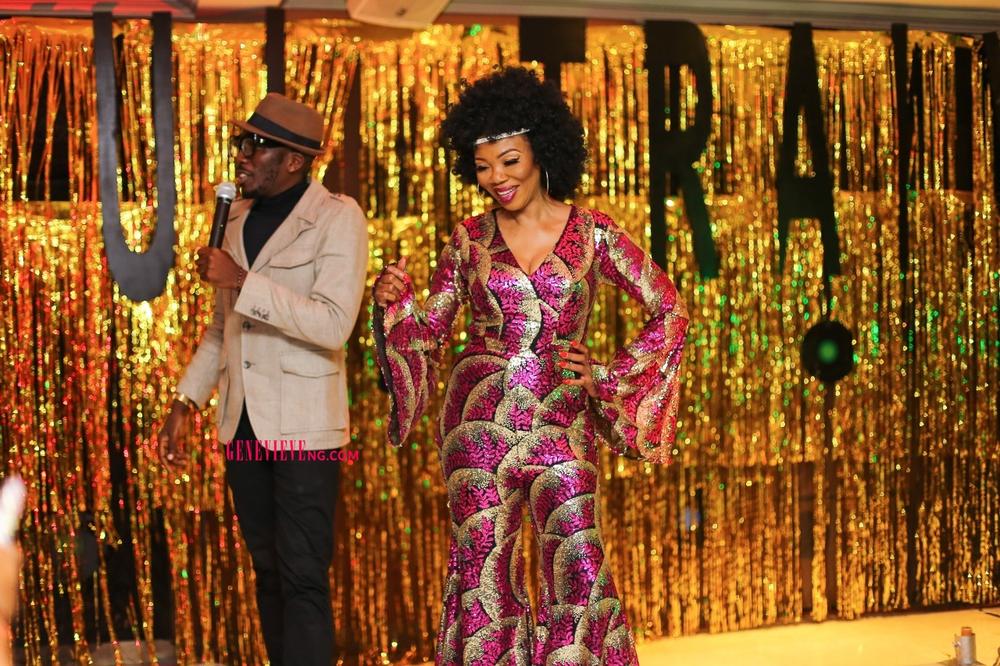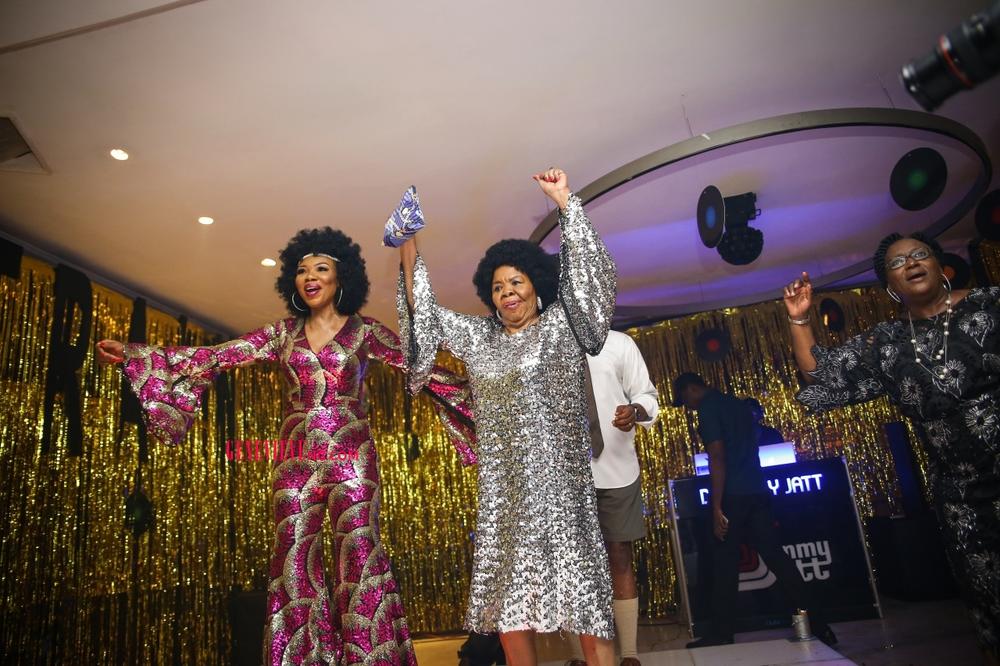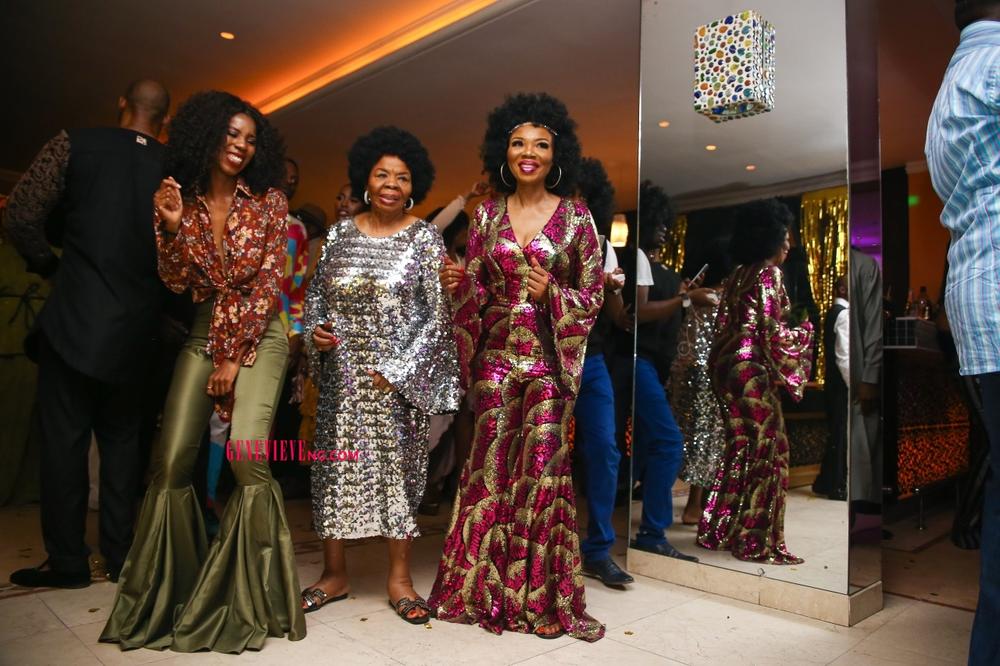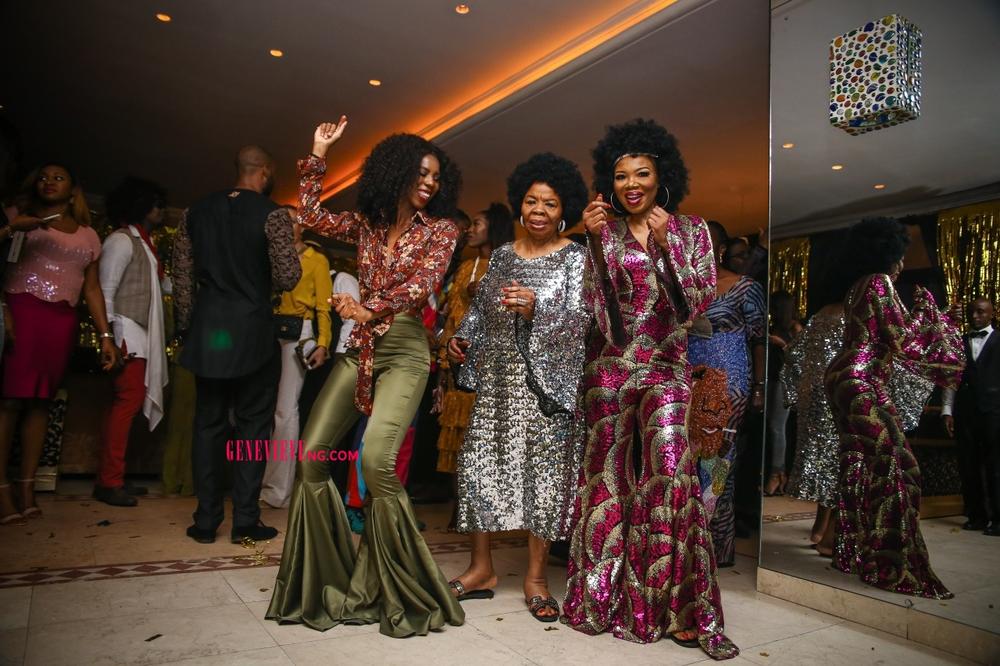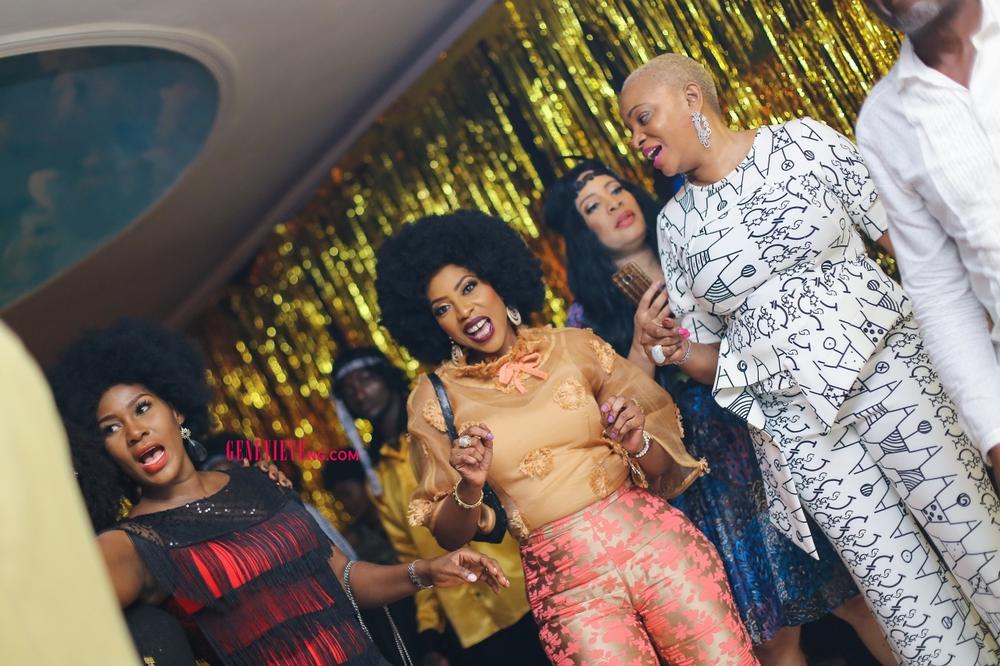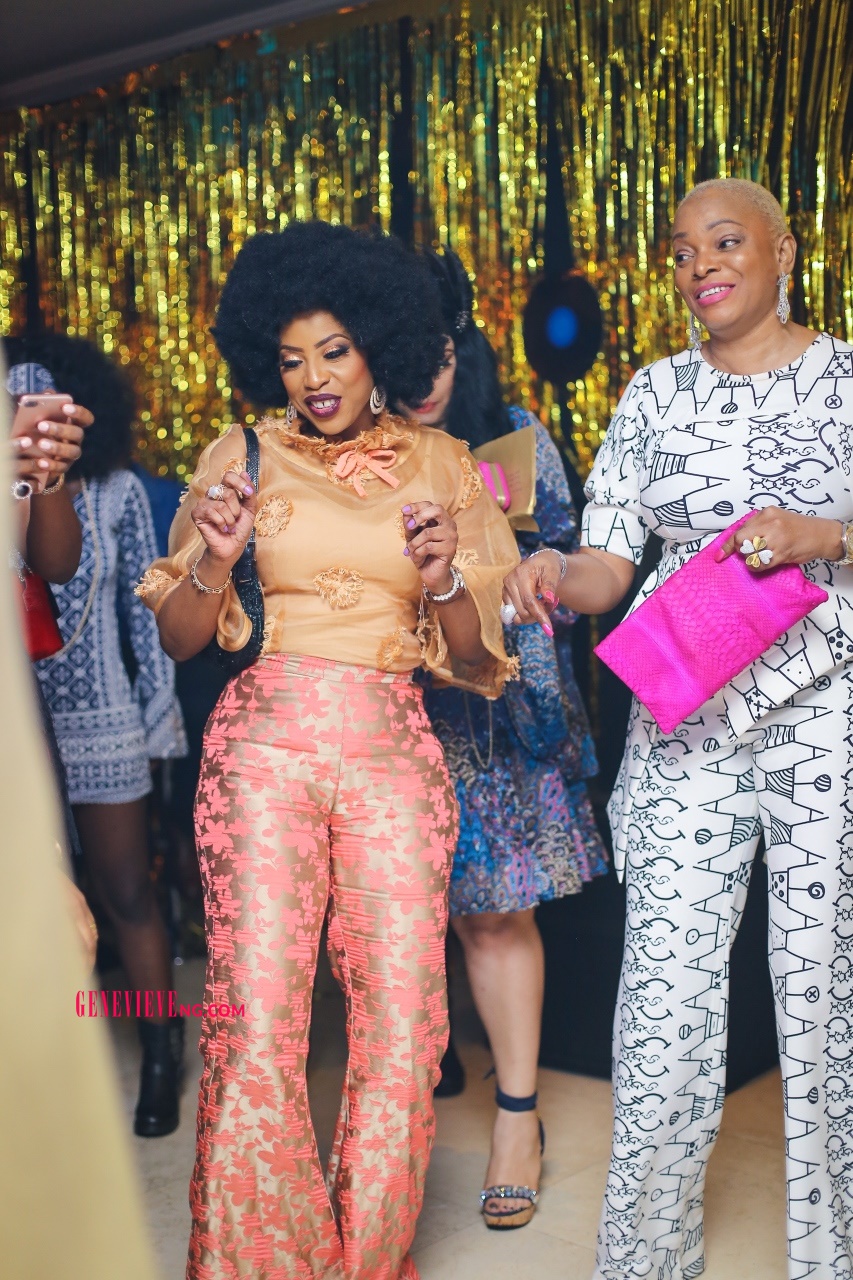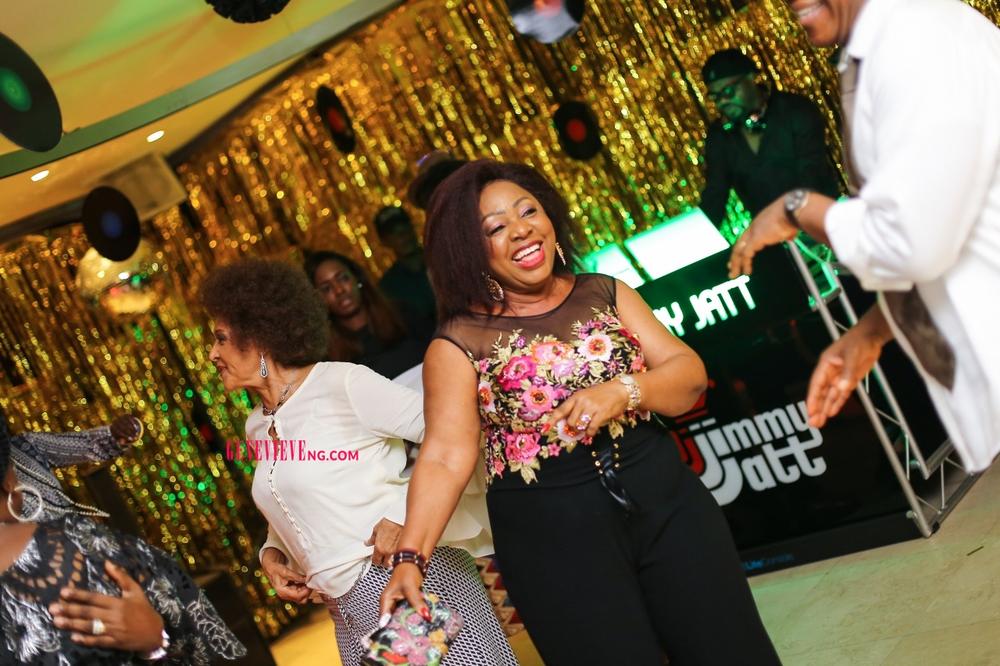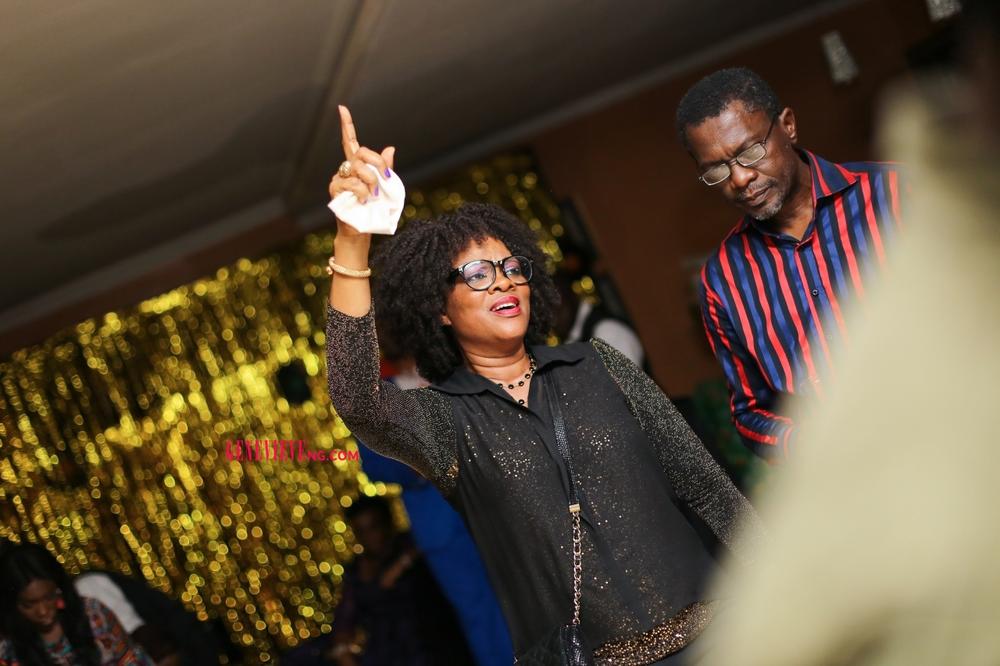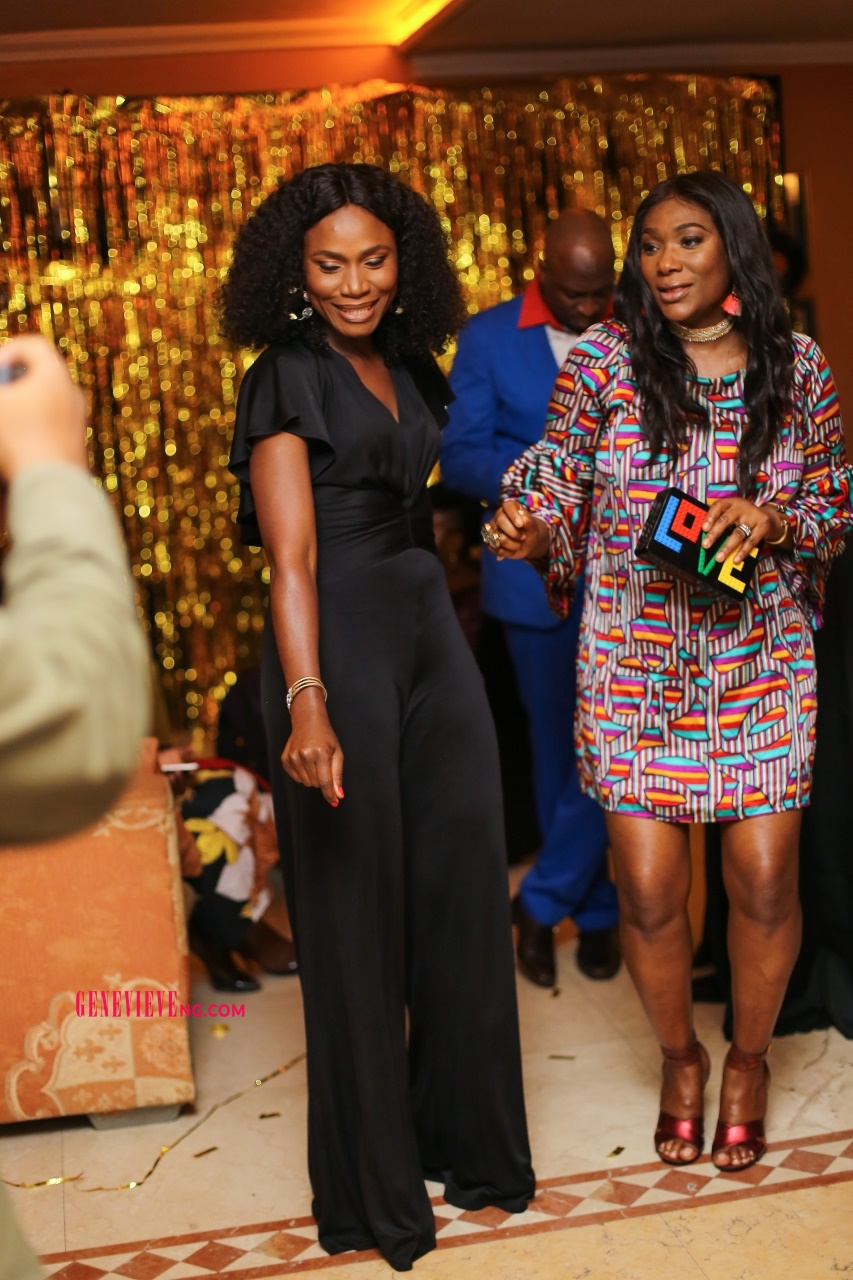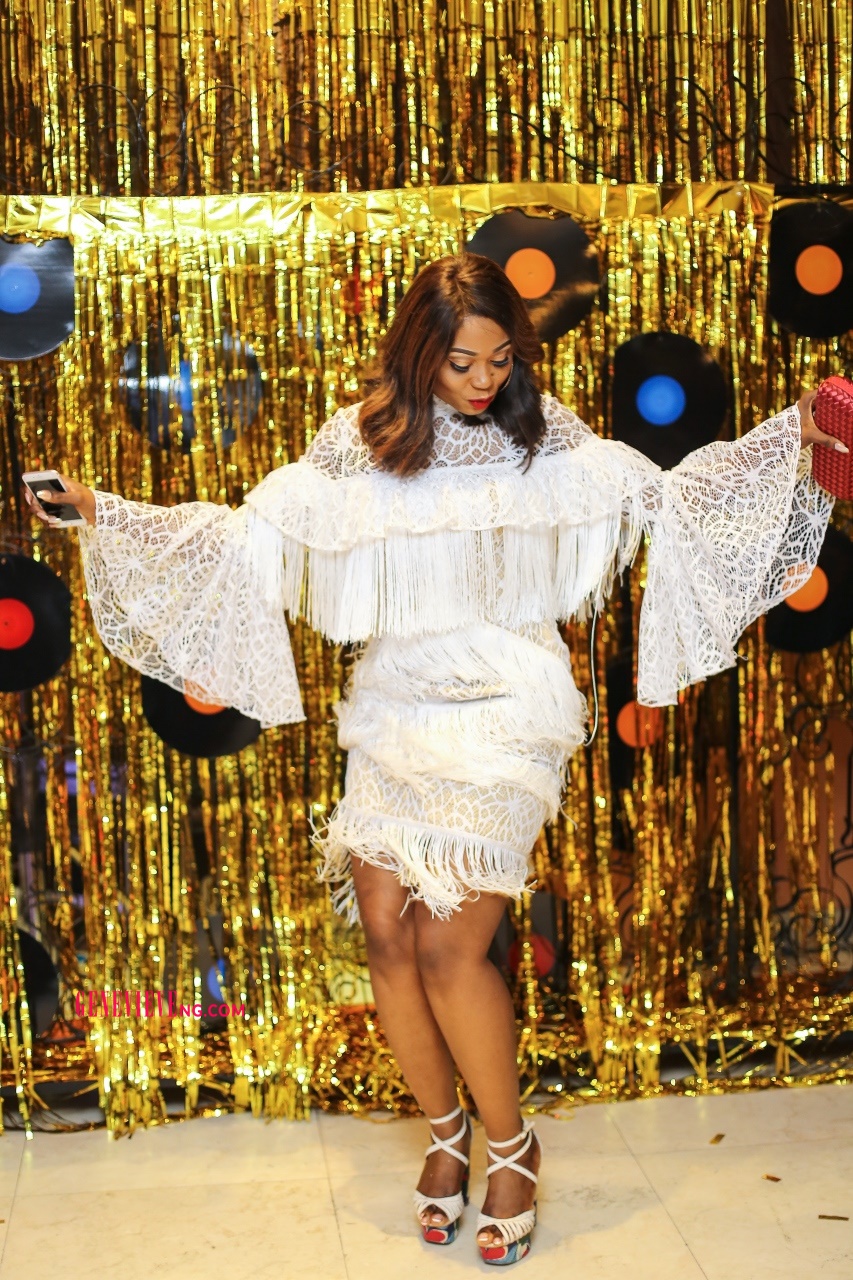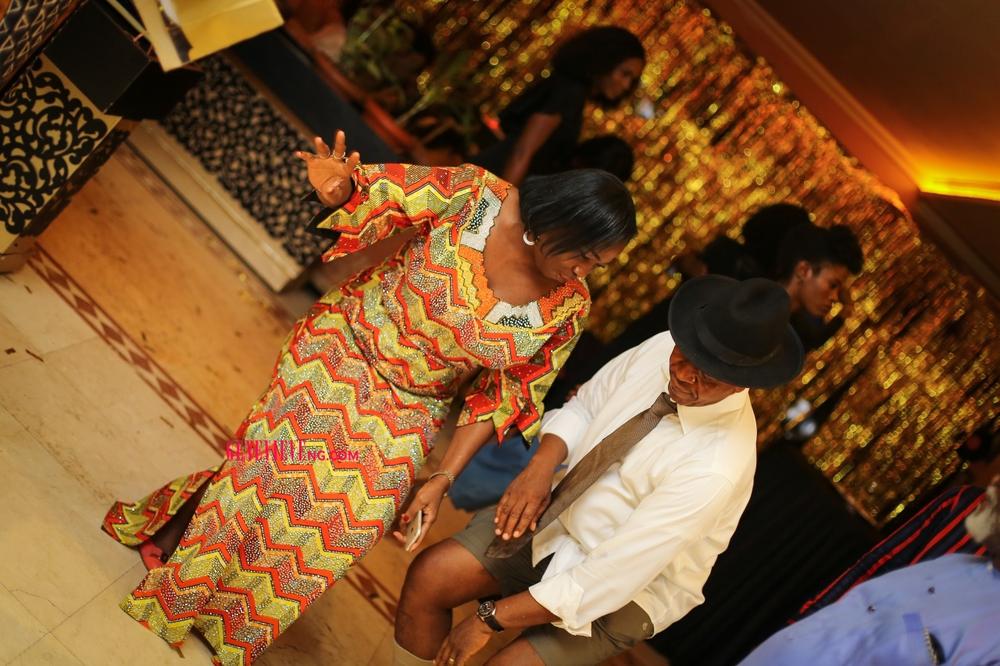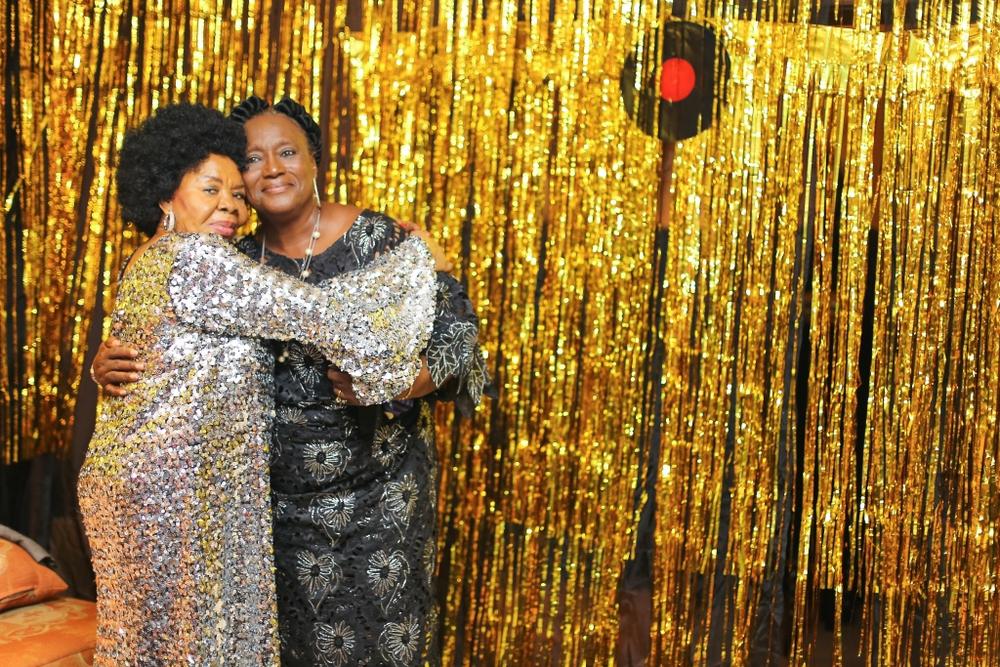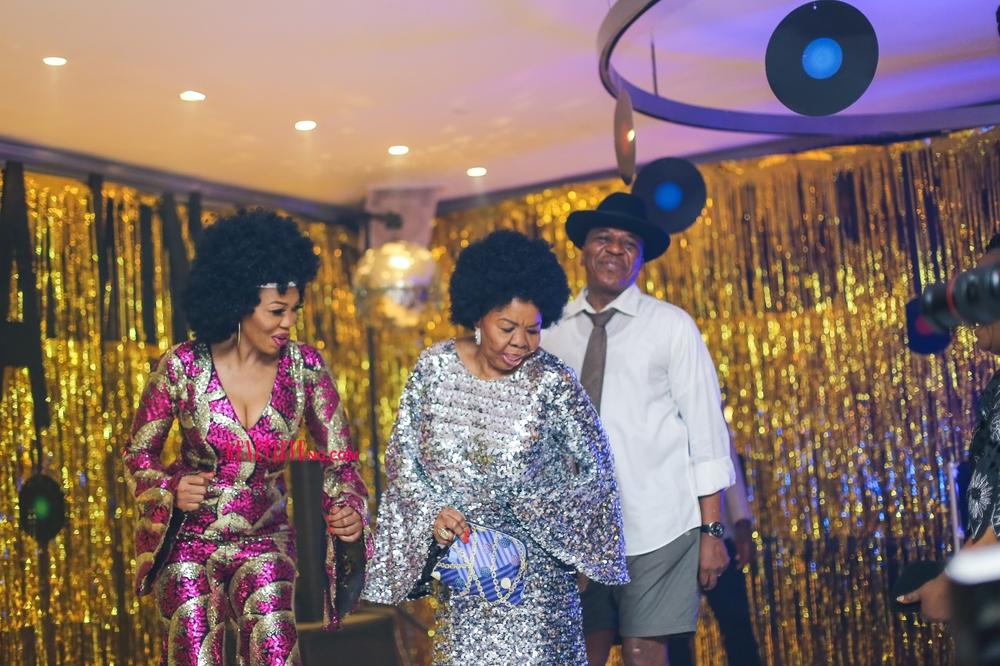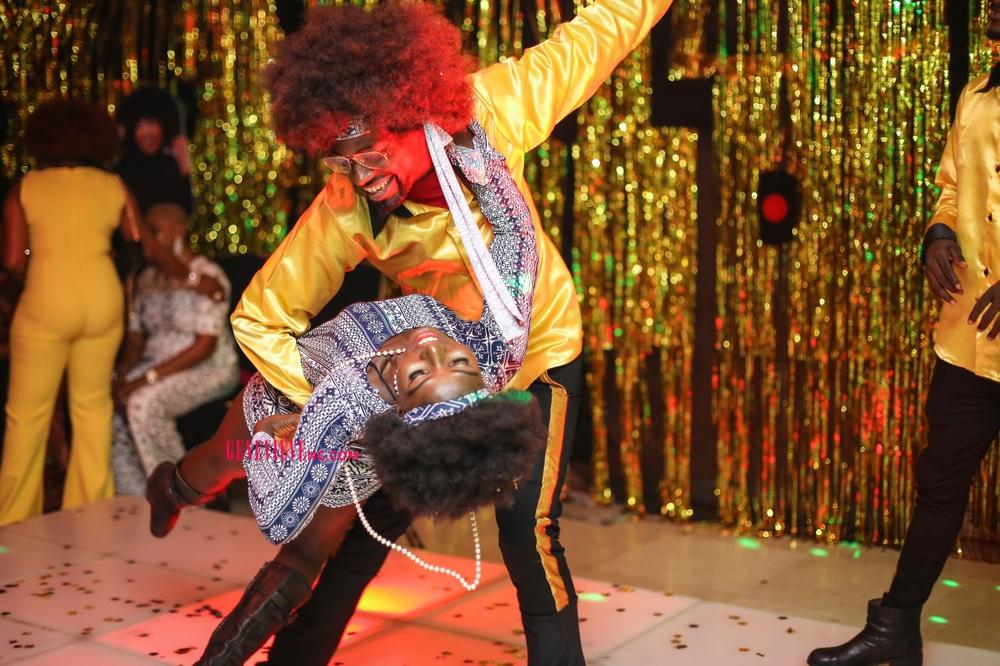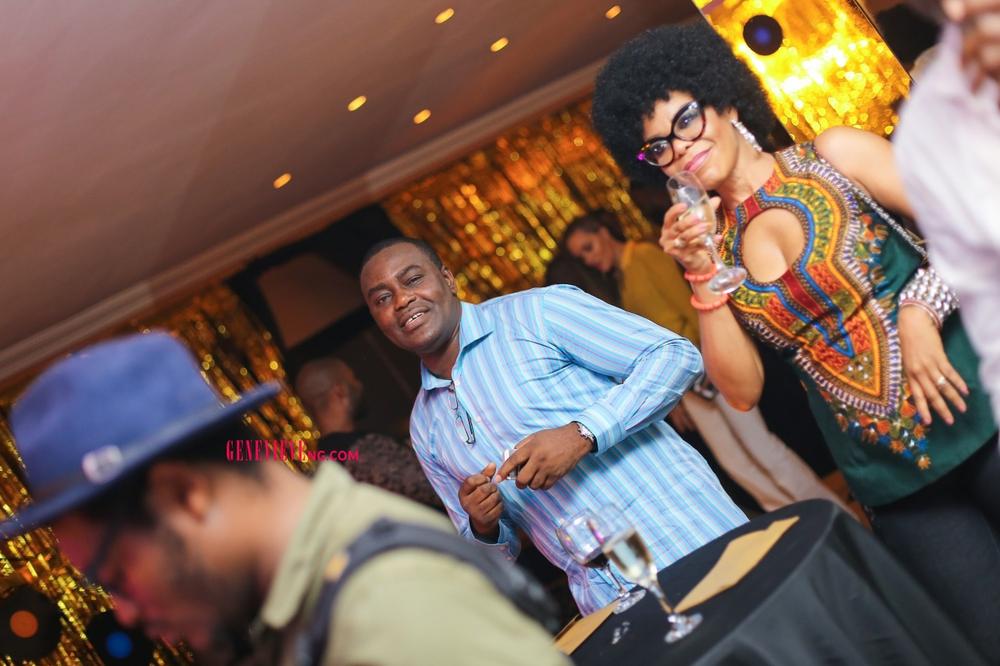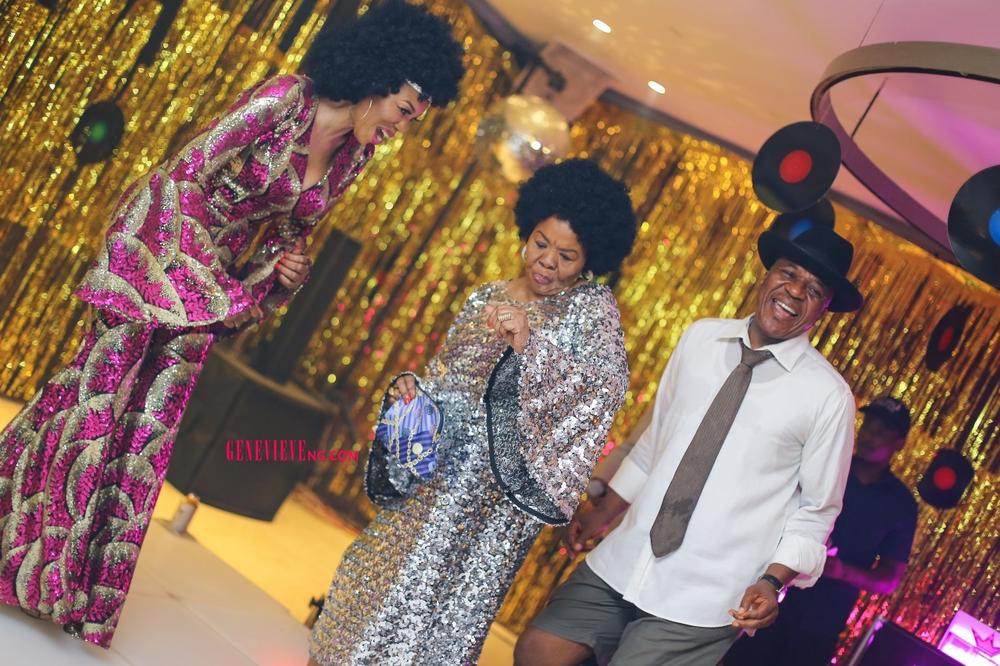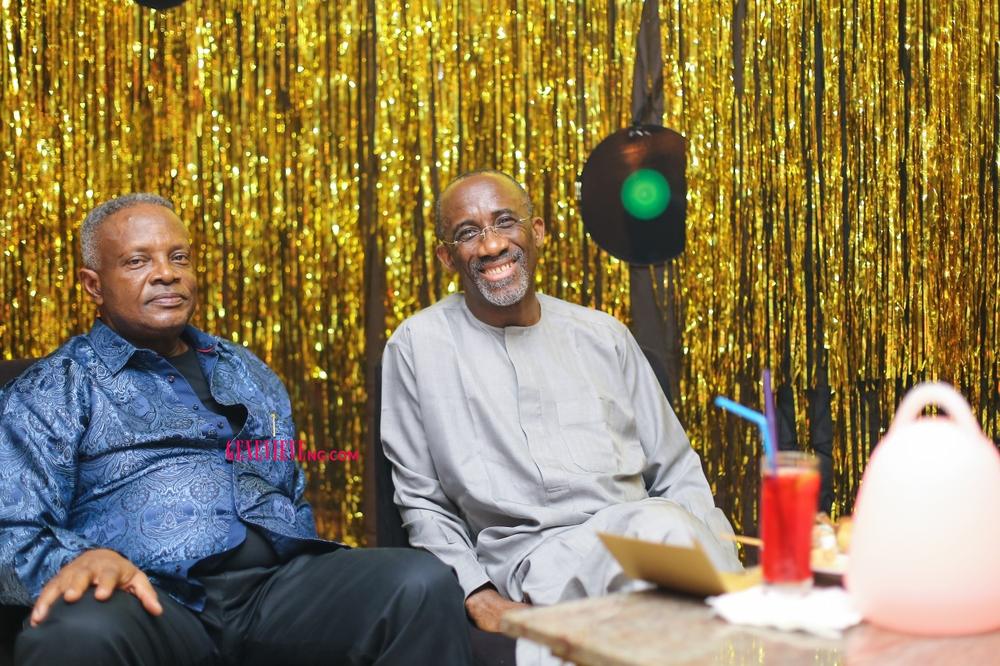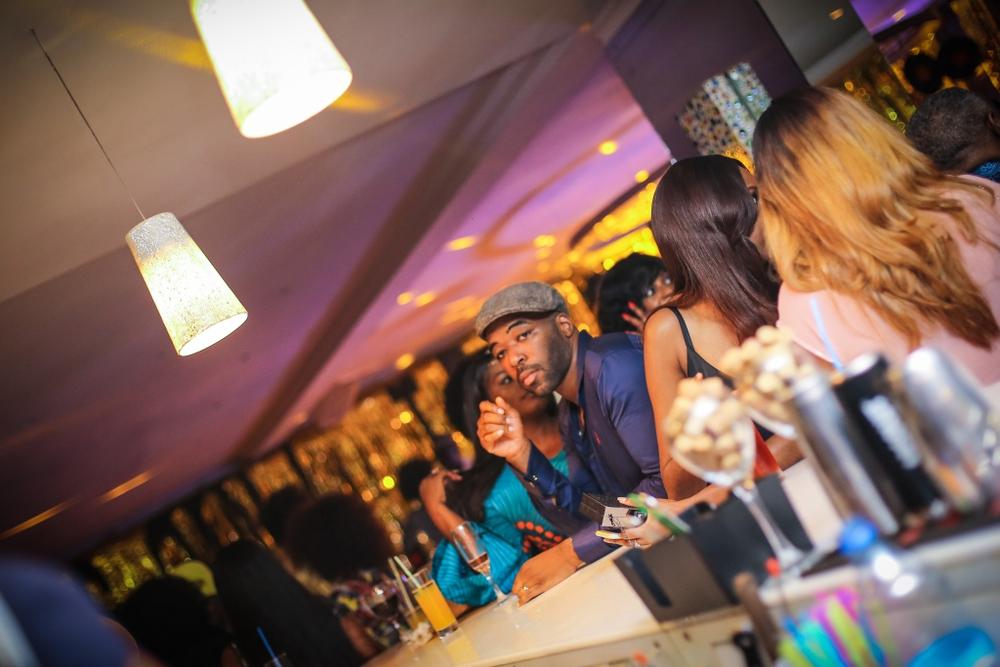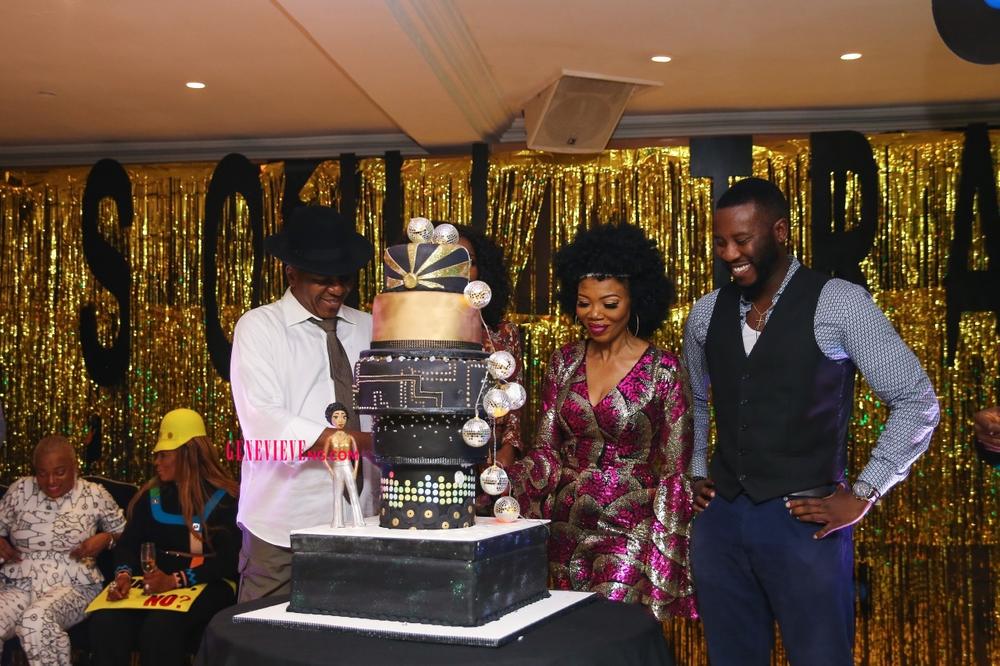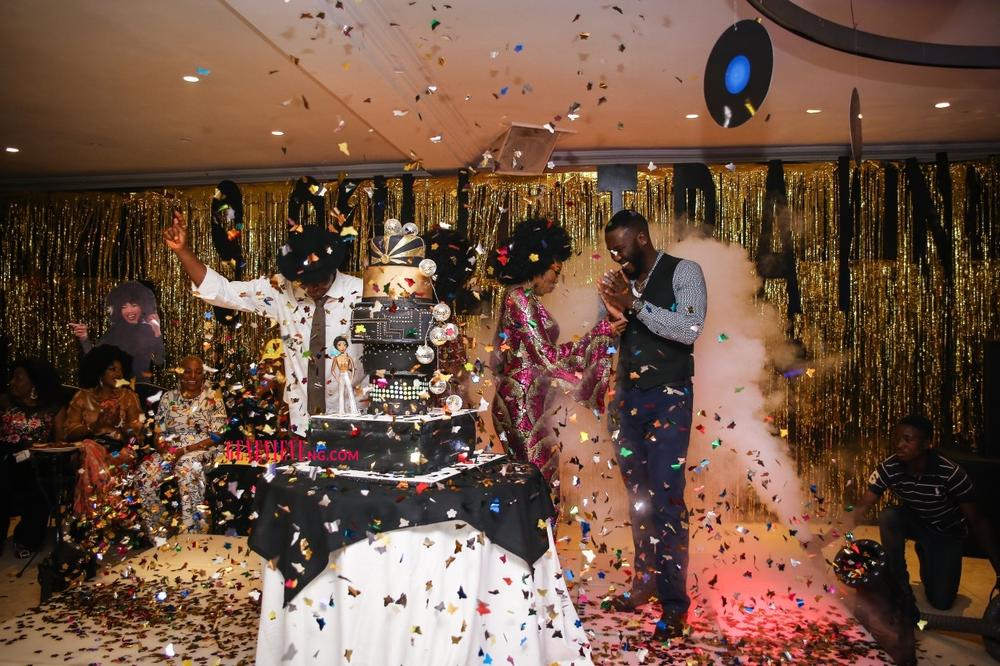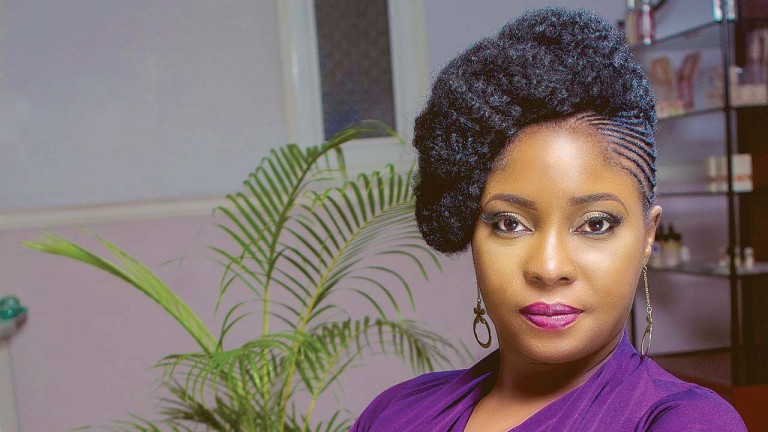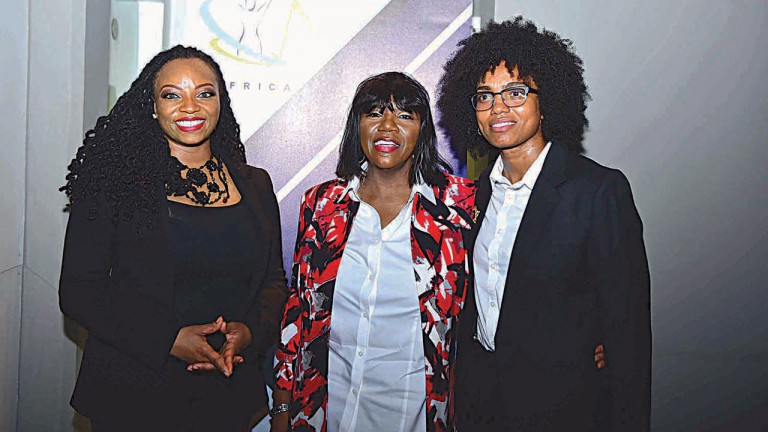Francesca Onomarie Uriri is the Founder of Leading Ladies Africa, a women empowerment non-profit that celebrates the lives of African women, and promotes gender inclusion. She equips African women with the skills they need to succeed in life and business through effective mentoring, organizing capacity building events and showcasing the achievements of successful women to inspire others. In this women’s month, she presents LLA’s 100 Most Inspiring Women List 2017, and also tells NIKE SOTADE what drives her passion to assist women
Tell us about yourself, education, family, career path
I’m the Founder of Leading Ladies Africa, a women-focused, registered non-profit that promotes Leadership, Inclusion and Diversity among women of African heritage. I am also a Public Relations and Communications Consultant, working out of the Nigerian office of a global PR Agency. I have nearly 12 years experience in media strategy and management, perception management, image consulting, perception and crisis management, and event planning and management. I’ve got a wide assortment of interests, which include reading, watching Crime & Investigation, writing, eating, travelling and meeting people.
I come from a small, close-knit family; made up of my mom, and older brother. Sadly, my father passed on two years ago, but I’ve got a small circle of friends and relatives who are the next best thing to having a large family. Education-wise, I did all my schooling in Lagos – Nigerian Navy Primary School Ojo and Malu Road, Nigerian Navy Secondary School Ojo, and the University of Lagos. But because I was a military child, and my father moved around a lot, I’ve seen quite a bit of Nigeria, and travelling personally has also helped me visit some of the most incredible places in the world.
How did you found Leading Ladies Africa?
Leading Ladies Africa was created initially to be a platform that inspired women with the stories and achievements of other women. But as the vision grew, it became clear to me that raising a generation of female African leaders was important, if not essential. I realised that the task of transforming Africa, and reshaping the cultural and socio-economic narrative would be impossible without women. So the challenge was, how do you raise women to see and think of themselves as leaders? What skills do they require? How can they learn from the experiences of other women, leading in the fields of governance, enterprise, advocacy and business (corporate professions)? As we’ve grown these are some of the issues we’ve created solutions for.
What’s your perception of the African woman and your vision her?
If I look at the women in my family – my mother, my aunties, cousins and friends – I see strength; strength of character, and the power of vision. The African woman is strong, bold, driven and an incredible multi-tasker. I say this, not because it’s a cliché, but because it is true. From the Tomato farms in Kano Nigeria, to the tea plantations in Kericho, Kenya, from politics, to business and civil society, women are putting in the work and are achieving great results. If I even speak from a personal perspective, the women within my network are focused, and are making consistent, measurable impact in all fields of endeavour.
So the African woman is indeed the one who is building sustainable structures with the bricks life has thrown her, and I celebrate her for that.
To what extent have you been able to network among women such that you could profile 100 at a go?
That’s a great question. The list itself, took about four to five months to compile, and remember that it was done in conjunction with YNaija in commemoration of International Women’s Day, so we definitely didn’t do it alone. That being said, the LLA platform is very strong on profiling women who are doing incredible work across board, so we constantly have our eyes and ears out on who’s doing what and when. In addition to that, the list started with about 300-400 names, but passed through a rigorous vetting process, which included reviews from our partners and those within the women empowerment space. We wanted to be sure that the list was a reflection of the core LLA values of promoting Leadership, Inclusion and Diversity.
You also sit on the board of the Future Project, what are the objectives of the organisation?
The Future Project is an organization that is building empowered citizens across Africa, with a special focus on Leadership, Enterprise and Advocacy. They are also the organisers of the hugely successful The Future Awards Africa – one of Africa’s most prestigious awards ceremonies; it identifies the brightest and best young Africans and deploys them as role models; to inspire a generation of Africans to hope and to believe in their capacities to change their countries. I am particularly honoured to serve on the board, because it has opened up my eyes to see that the only way to truly build and transform Africa, is to raise a network of empowered and knowledgeable citizens, who are equipped to lead and run enterprises.
You are a very busy woman with many things to accomplish. What keeps you going in the face of challenges?
Oh wow. The first thing is prayer. I go through challenges like everyone else, and sometimes, I get overwhelmed by the pressures of the things I have to achieve, and life in general. So I make it a point of necessity to pray at least once or twice every day, and to study my Bible; luckily, I have the YouVersion Bible App on my phone, so it’s easy for me to tune out and get a word that uplifts and directs me. I find that praying calms me down – mentally and emotionally, and causes me to think and process things better.
I also have what I call my “inner circle,” friends I can call on at any time of the day, who help me think through or pray through some of life’s challenges. My mentors also help me process challenges, especially professional and personal ones – because they’ve been there before and can understand where I’m coming from.
And lastly, I’m passionate about the things I do. Passion fuels the vision. So the days when I’m dejected and discouraged, I remember that God is the author of the vision I run with, and so He will ultimately show me the hows and the whens. Not always easy to do, but ultimately rewarding and fulfilling.
To what extent have you been able to empower women with the LLA project?
We empower women through a variety of ways – our editorial content, specialized events and workshops, and mentoring programmes. Our content creates a platform where women can learn about other women doing incredible things, and connect with them, so they collaborate and achieve even bigger goals. We have quarterly specialized events and workshops called the “Power Talk Series,” where women from specific career and professional backgrounds have the opportunity to learn, be inspired, and connect with one another. These workshops also train women on specific areas of business and career like funding, capacity building, scaling and all of that. We’ve recorded success stories of women going off to start their own businesses, and improve their careers after attending the workshops, so for us, that’s a way to measure impact.
Any experiences in life that made you become so passionate about women issues?
Growing up as a child, I was surrounded by strong, intentional, women who juggled a lot of things but seemed to succeed at them all – at least to varying degrees. My mother for instance, practically raised my brother and I single-handedly in our early years, because my father was in the military and was away a lot. As a grown woman now, I see how difficult and challenging that would have been, but somehow she made it work. And as I grew up, I found that I was drawn to the lives of purposeful, powerful women, who used their influence for something greater than themselves, who were not afraid to be different and chart their own course. Women like Benazir Bhutto, Gail Devers, Funmi Iyanda and even Princess Diana. There was something almost defiant and proud about the way they chose to be themselves, and express their gifts to humanity. All of those experiences would subliminally create a passion for female and gender issues.
My late father, also played a huge role. As a girl child, I was never told that there was anything I could not do. I was encouraged to climb trees, go racing with the boys, play soccer, and essentially do the things that came naturally to me. He encouraged my brother and me, to speak our minds frequently and honestly, without fear. So growing up under those circumstances sort of re-enforced to me that women can do anything they set their minds to.
In starting Leading Ladies Africa, the goal is to encourage women to become leaders in whatever sector or sphere they find themselves. To build capacity, and the skills that require them to participate in conversations on nation building and socio-economic transformation.
Who are your role models?
I have several of these – women that I know and even, some that I don’t know. So it will be a disservice to mention some and not the others. But any woman who is making a consistent and deliberate change to society and humanity is my role model.
What motivates you?
Love for what I do. Results for the work we put in. Success stories of women who’ve gone off to achieve monumental things after encountering LLA. Stories of women making change and shattering boundaries globally. Support and affirmation from my friends and family. And God.
You are looking ever young. Tell us your beauty routine.
Oh, thank you! First, I look the way I do, mainly due to genes, we have this Benjamin Button scenario playing out in my family (lol). That being said, I walk for an hour three times a week, I try to exfoliate my skin thrice a week, I drink loads of water and I try not to use makeup frequently, so my skin can breathe. Lastly, and perhaps, more importantly, I try to declutter my mind, laugh from my heart and find new ways to preserve and nurture my joy and peace of mind.
What’s your message for women in this women’s month?
Live your dreams out loud in full colour. Start now; don’t wait for the perfect time or perfect moment – it’ll never come. Become the person that you seek others to be to you. And learn to be intentional and disciplined about achieving your goals and visions.
Culled from : Guardian

